Buone Feste: The Three P’s of Holiday Pane
Holiday meals in Italy would simply not be complete without a beautifully wrapped Panettone, Pandoro or Panforte adorning the table to crown the evening with sugar-dusted sweetness. Luxurious and utterly delicious, these three confections are much beloved traditions of the Italian holiday season. Colorfully boxed and cellophane wrapped, they fill shop windows across the country, a not so subtle reminder that the holiday season is well underway. The sweet joy of tearing into a freshly packaged Panettone can only be matched by the uncovering of a buttery Pandoro or a richly fragrant Panforte. The “big three” of Italian holiday baked goods are certainly a treat for both young and old, but beyond bringing an instant smile to one’s face, the charming histories surrounding each bread conjure the type of fantasy and magic needed to transform mere desserts into icons of holiday cheer.
PANETTONE
The beginnings of Panettone are as fabled as its flavor, with origins rooted in the history of both Milan and the powerful Sforza family. The birth of Panettone was the result of one part necessity, one part luck and two parts ingenuity. After an indulgently delicious Christmas lunch held in the home of the noble Sforza family, the diners anxiously awaited the arrival of their desserts. The proud chef who had prepared a flawless meal, opened the oven door only to find that his intended dessert masterpiece had been burned beyond recognition. While he began slowly making his way to the dining room to apologize for his oversight, his young assistant “Toni” proposed a quick solution: Why not create a dessert that could be made from the evening’s leftovers? Without many options, the chef accepted his assistant’s daring suggestion and together they set-off to make a special holiday bread. After the chef served the bread he quickly escaped back into the kitchen with very low expectations for the improvised dessert, but to his disbelief, a roar of applause could be heard emanating from the banquet hall. With humility, the chef returned to the table to give credit to his young assistant calling the bread “Pan di Toni.” Today “Panettone” has become an internationally revered holiday dessert enjoyed around the world. The most common varieties of Panettone include raisins, candied lemon and orange peel. Its signature moist consistency makes the bread enjoyable even after being opened for more than a week. Today, the many incarnations of holiday Panettone include chocolate chip filled and hazelenut covered.
PANDORO
Pandoro is perhaps best known as the holiday favorite of children and younger epicureans. With beginnings in Verona, Pandoro or the “golden bread,” derived its name from a few different anecdotes. The most common legend states that the name was bestowed upon the sugar-capped bread because of its signature golden-colored dough. Another story dates back to the 1500’s in the republic of Venice, where wealthy families of the time would enjoy a cone shaped brioche often presented with ornate golden leaves covering it. The modern day interpretation of how the dessert came to be, regardless of the origins of its name, is attributed to the Habsburg dynasty and the bread making traditions of Vienna. No matter which legend proves to be most accurate, this holiday delight is undoubtedly a crowd favorite, building anticipation at many a holiday meal as everyone waits for a final dusting of powdered sugar to crown this delectable golden dome of holiday joy.
PANFORTE
An intriguing and bold dessert from Siena, Panforte has roots that date back to the 1200s. The name most likely descended from the Latin word “fortis” meaning acid, which was used to describe the acidic taste of the dessert. The advent of the spice trade from the Orient became the impetus for this holiday confection. As Italy became increasingly exposed to exotic herbs and spices from Asian traders, the development of pharmacies began to take shape within convents and abbeys throughout the country. The spices were seen as a way to keep the body resilient while also warding off bad spirits. Spices also came to be used as a type of currency in lieu of gold among the various religious orders. One romantic legend surrounding the modern Panforte, places a Tuscan nun named Ginevra at its center. It is said that Ginevra joined the nunhood after she believed the love of her life had been killed in the Crusades. One day as she was making the typical “panmelato” (bread with honey and fruit) of the time, she heard the voice of her love Messer Giannetto calling to her from the street below. Overcome with joy, she began adding spices uncontrollably to the bread batter. The mix of almonds, cloves, pepper, cinnamon and coriander became the basis of modern day Panforte. Today the rich cake is enjoyed not only in Tuscany but all throughout Italy during the holidays as a delectably spicy treat.
The next time you reach for that glass of egg nog, sparkling Asti Spumante or a hot cup of coffee this holiday season, try a slice of Panettone, Pandoro or Panforte as a sweet complement. With just one bite, a big smile and holiday merriment is almost certainly guaranteed.
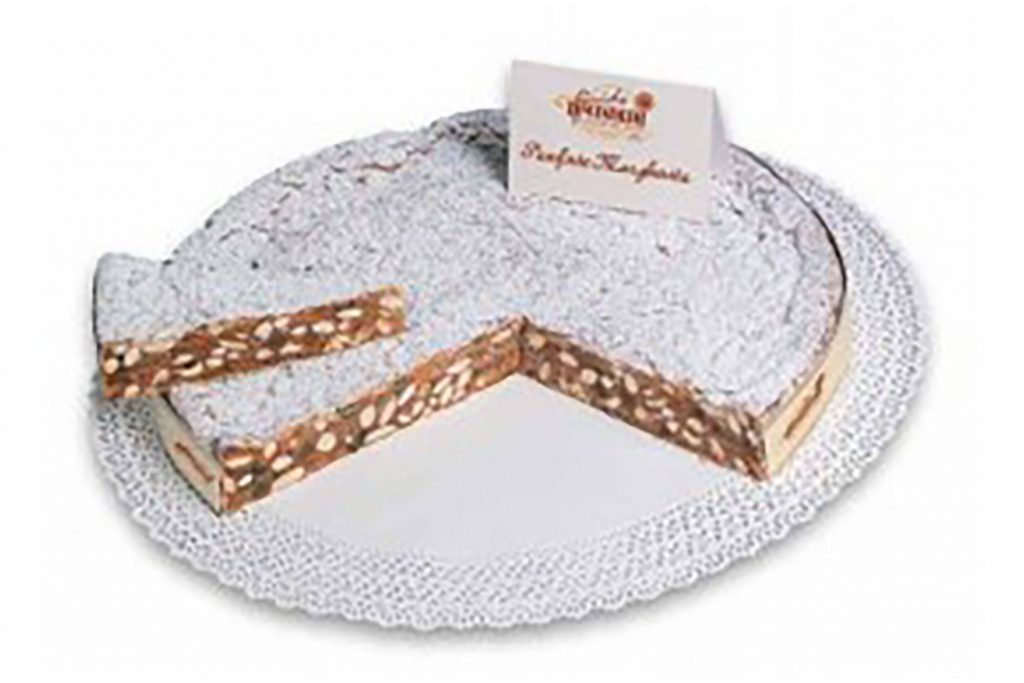
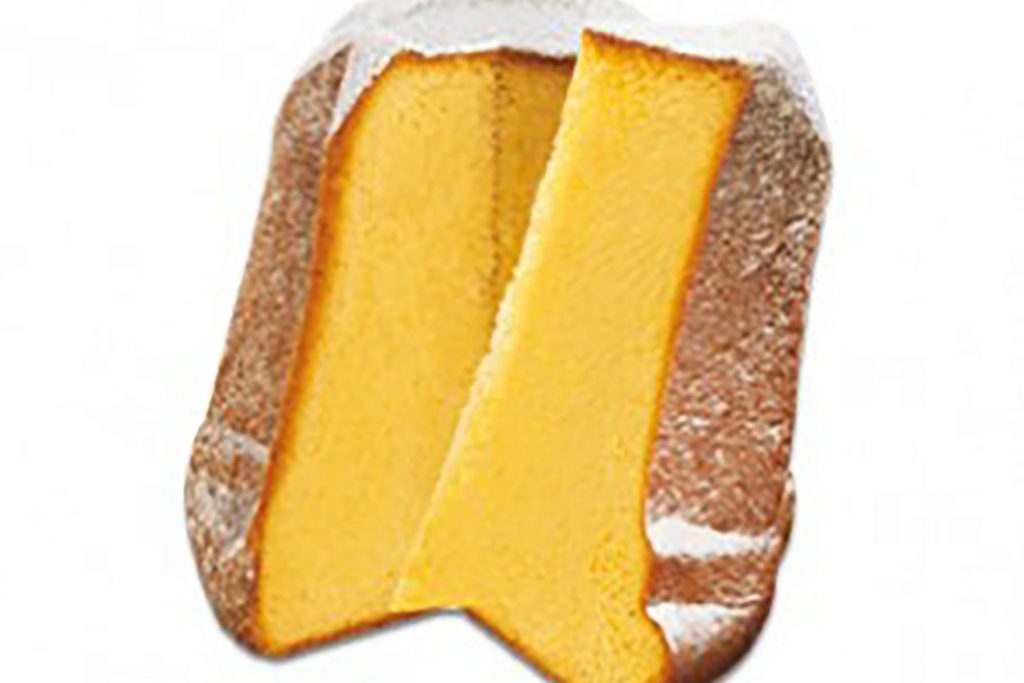

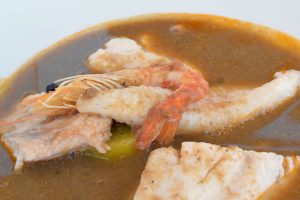

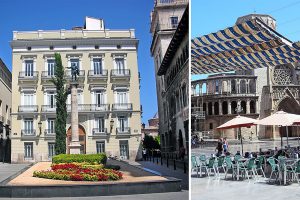


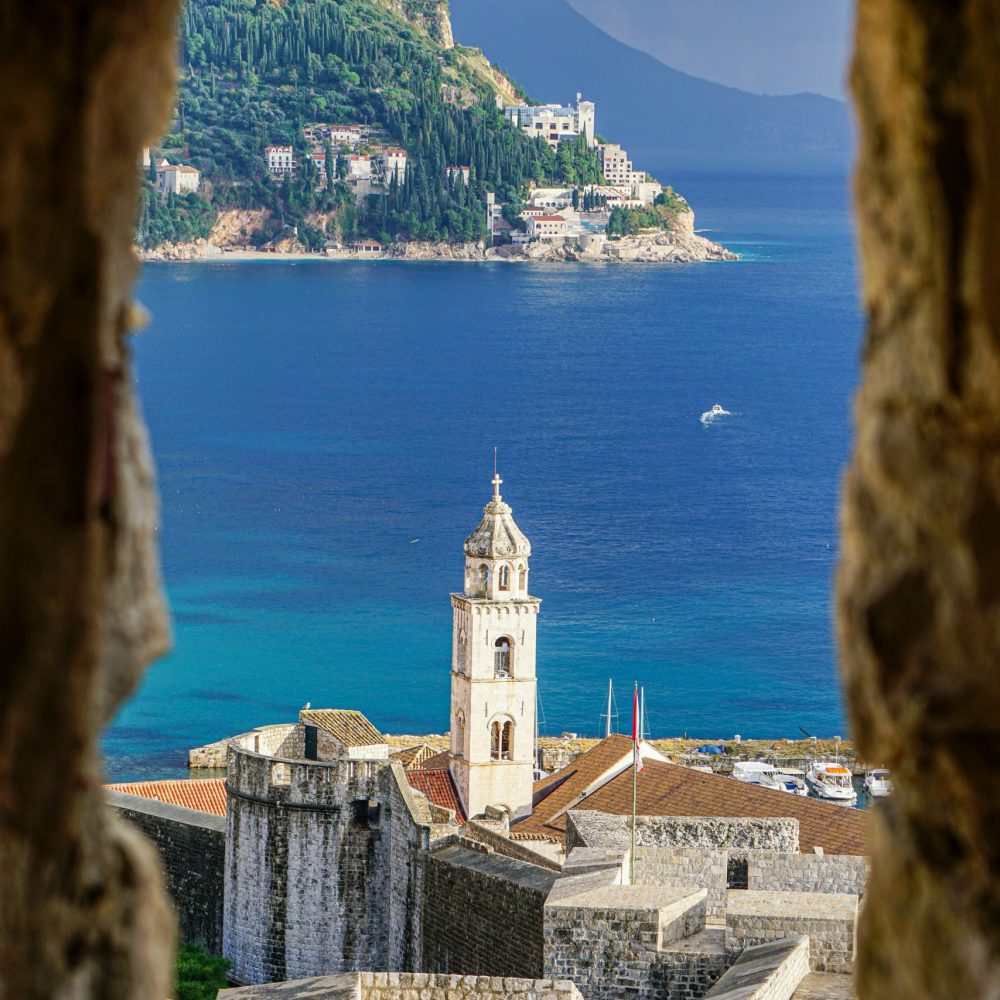
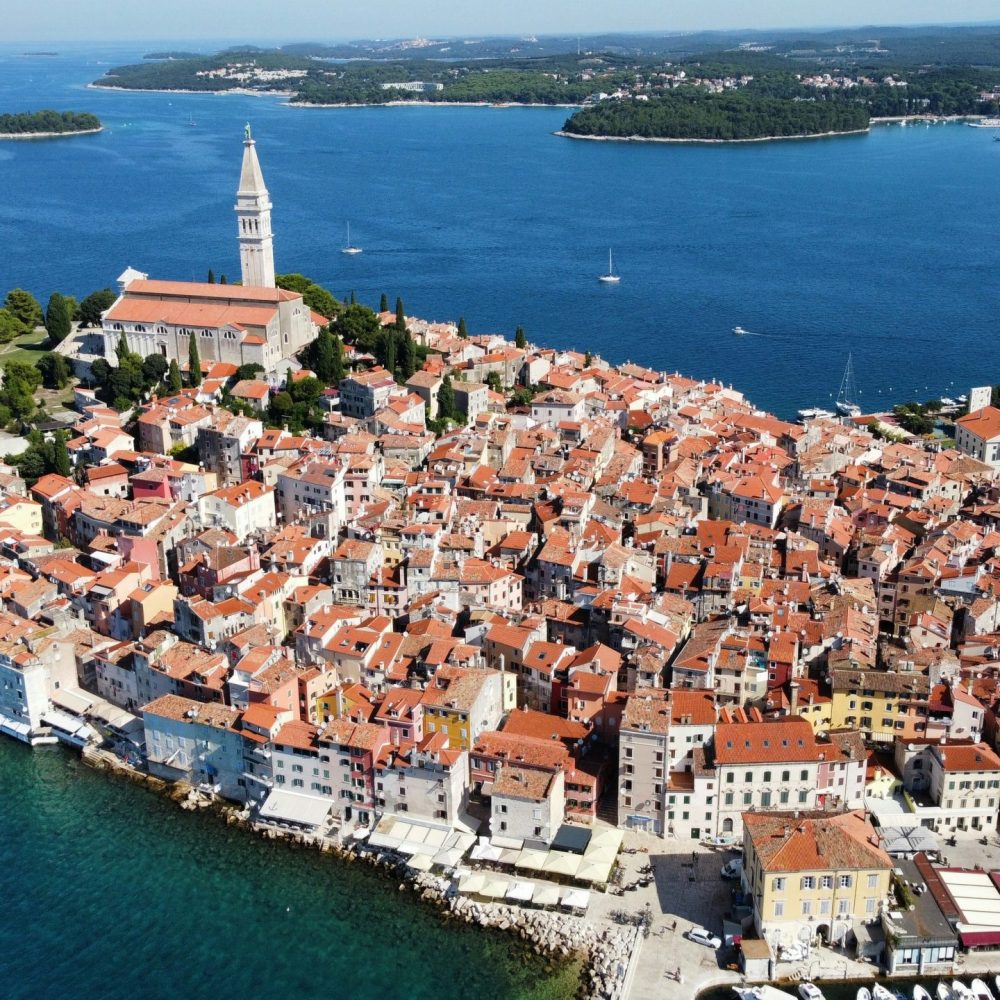

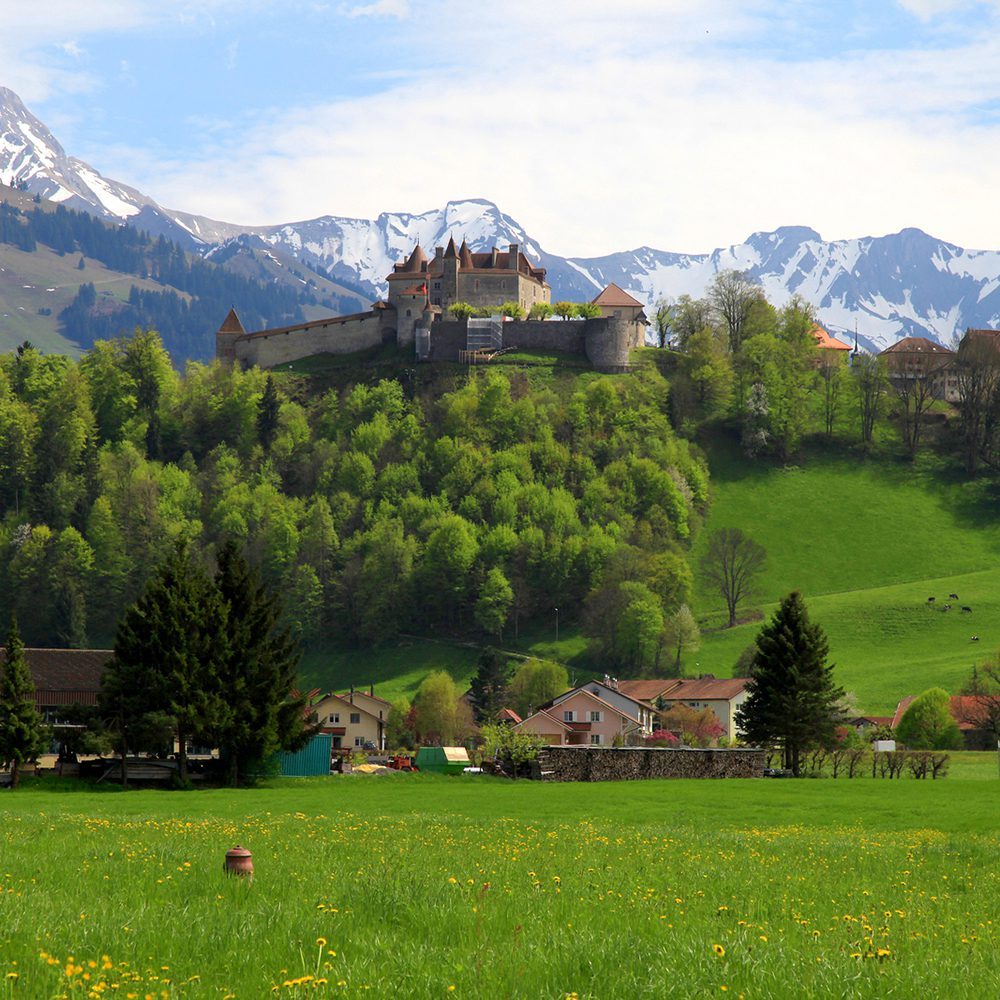

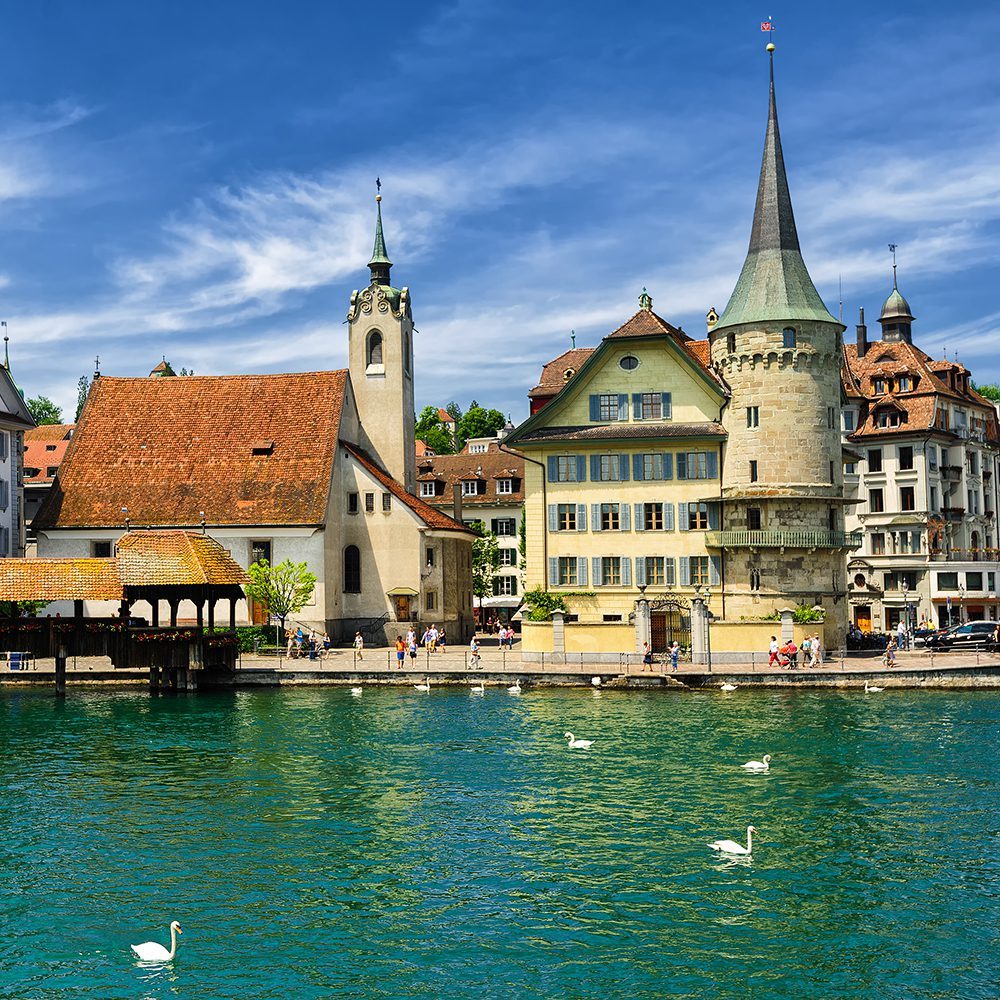
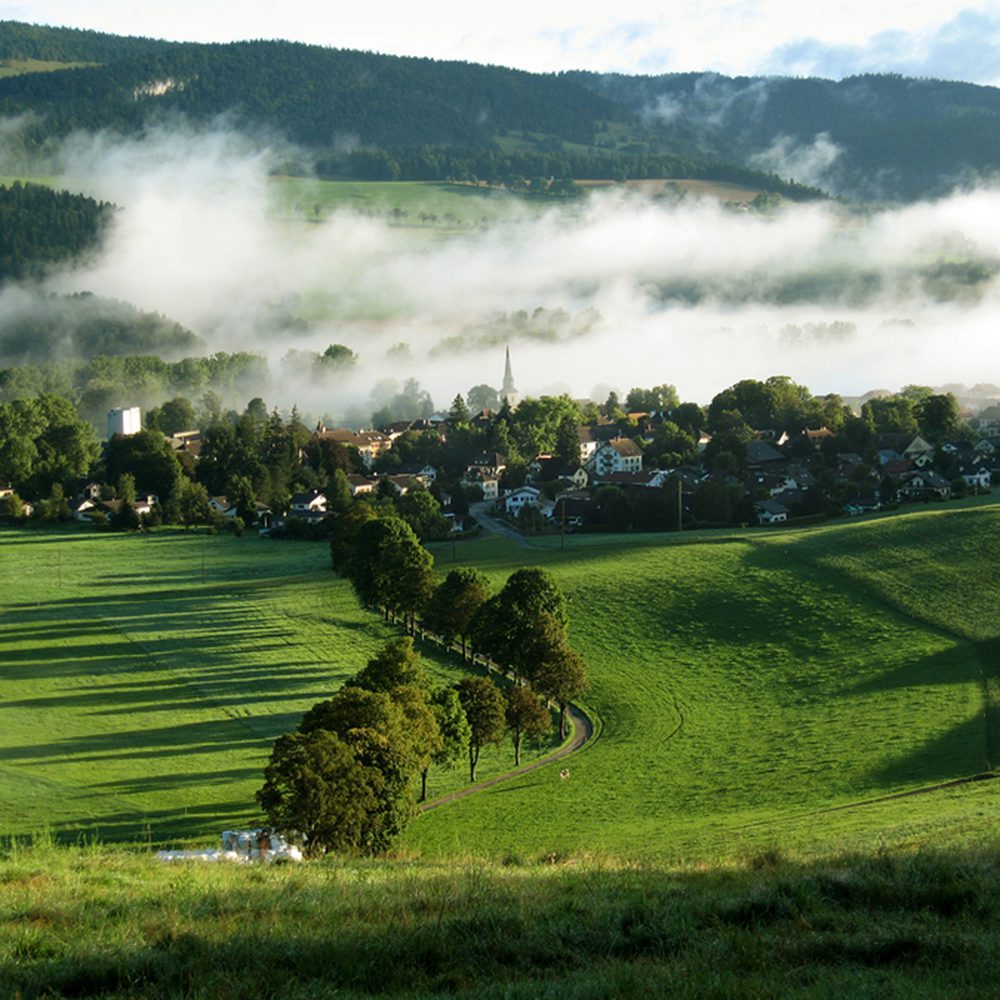
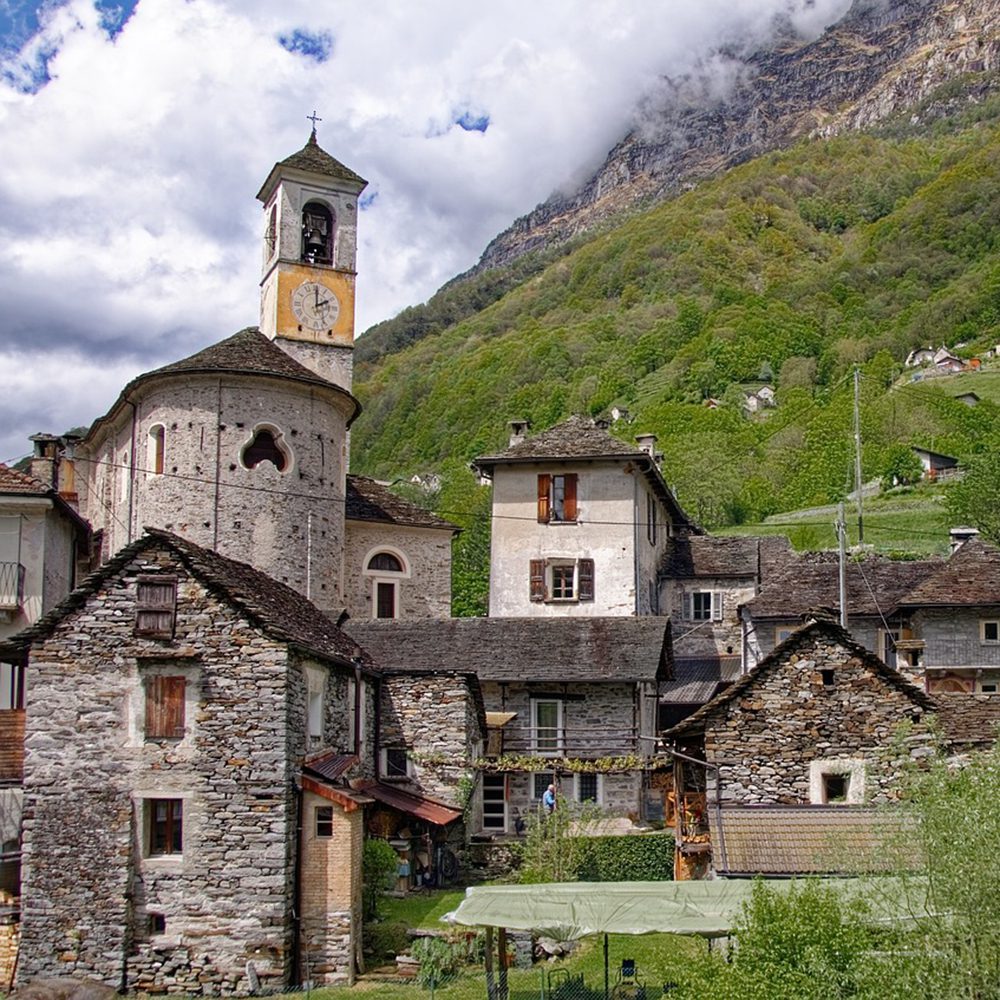



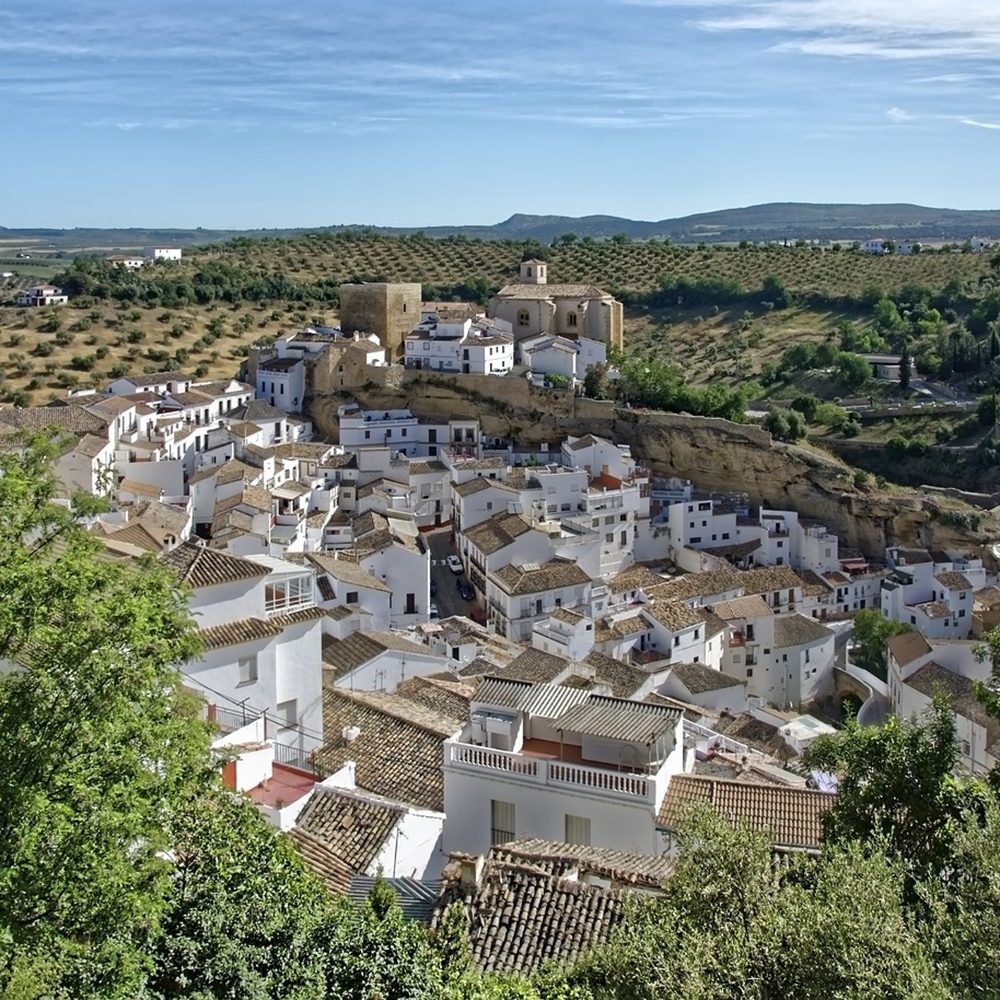
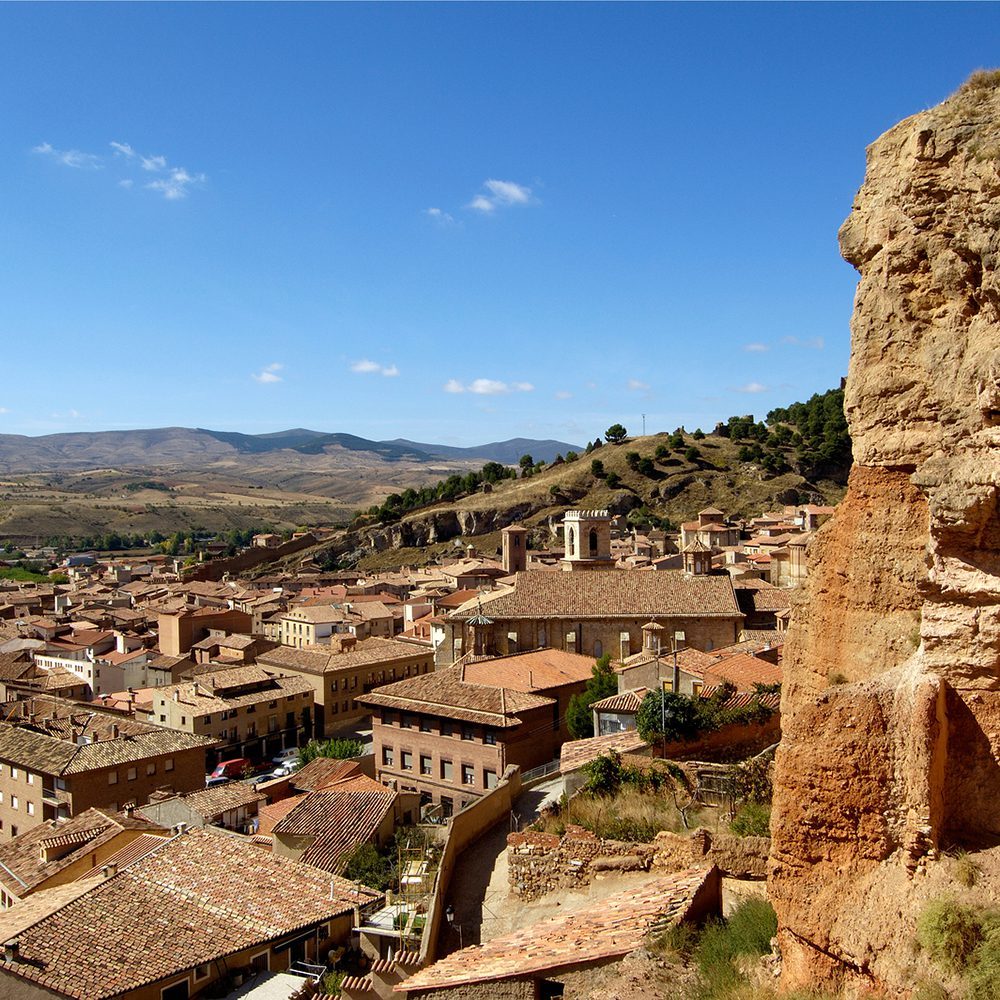

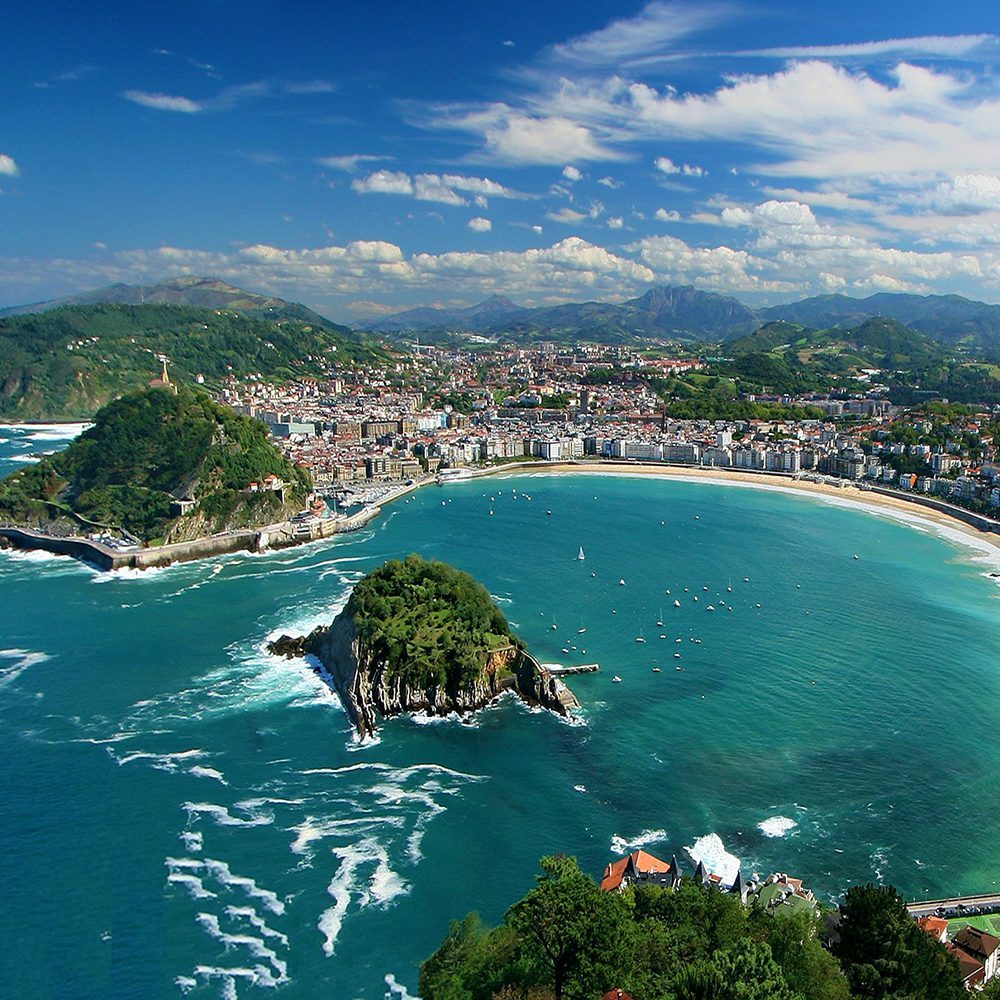
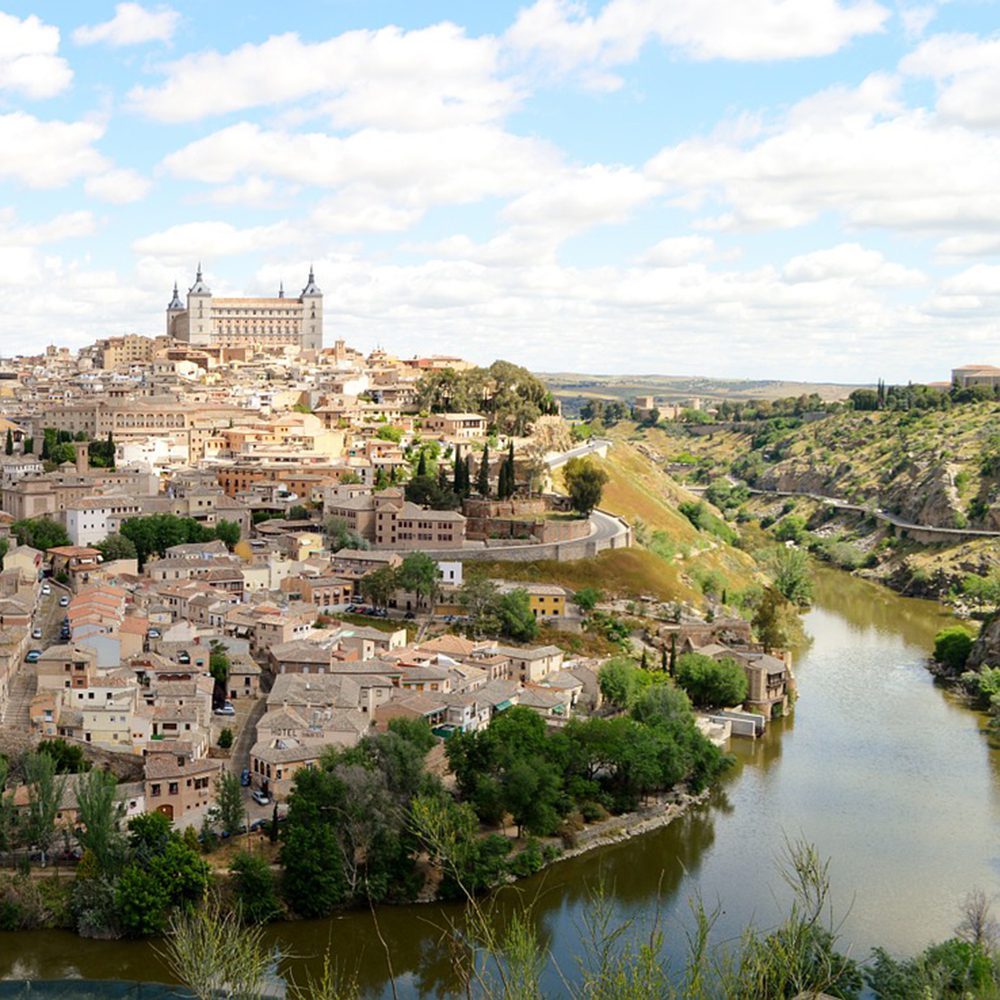
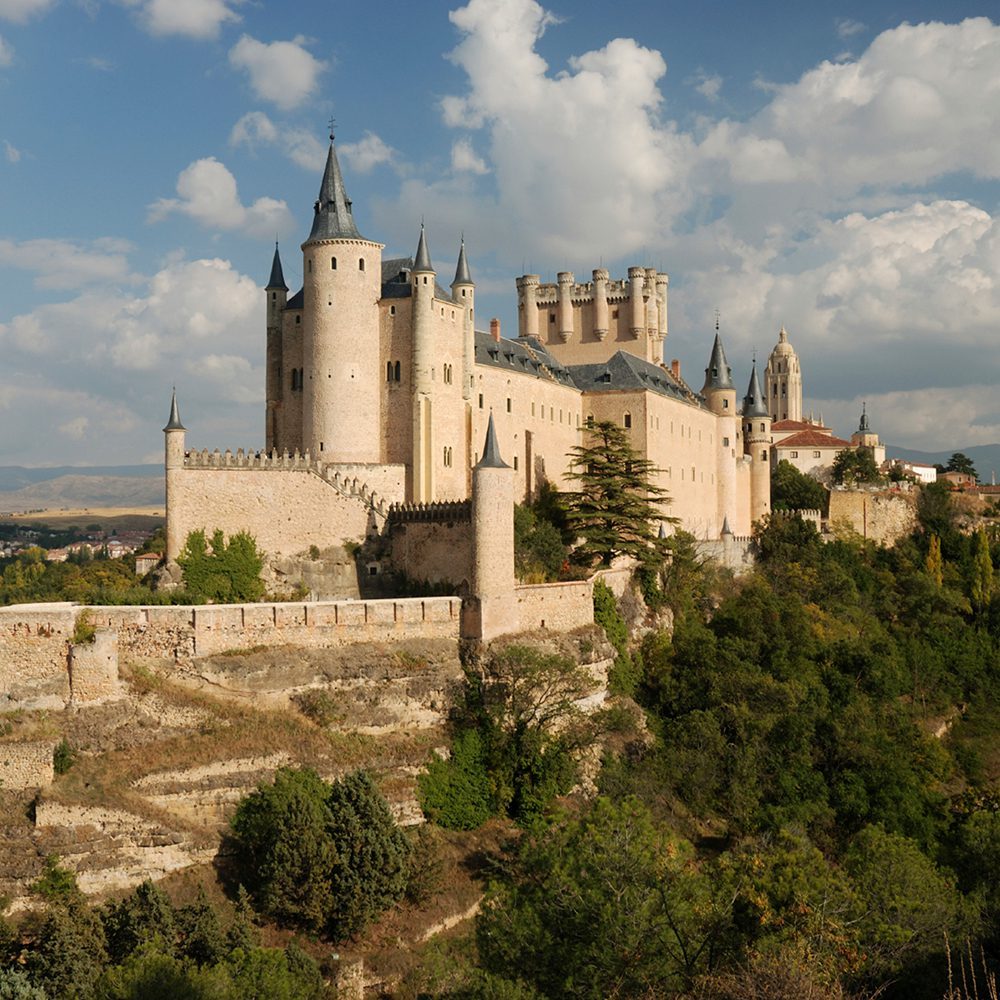
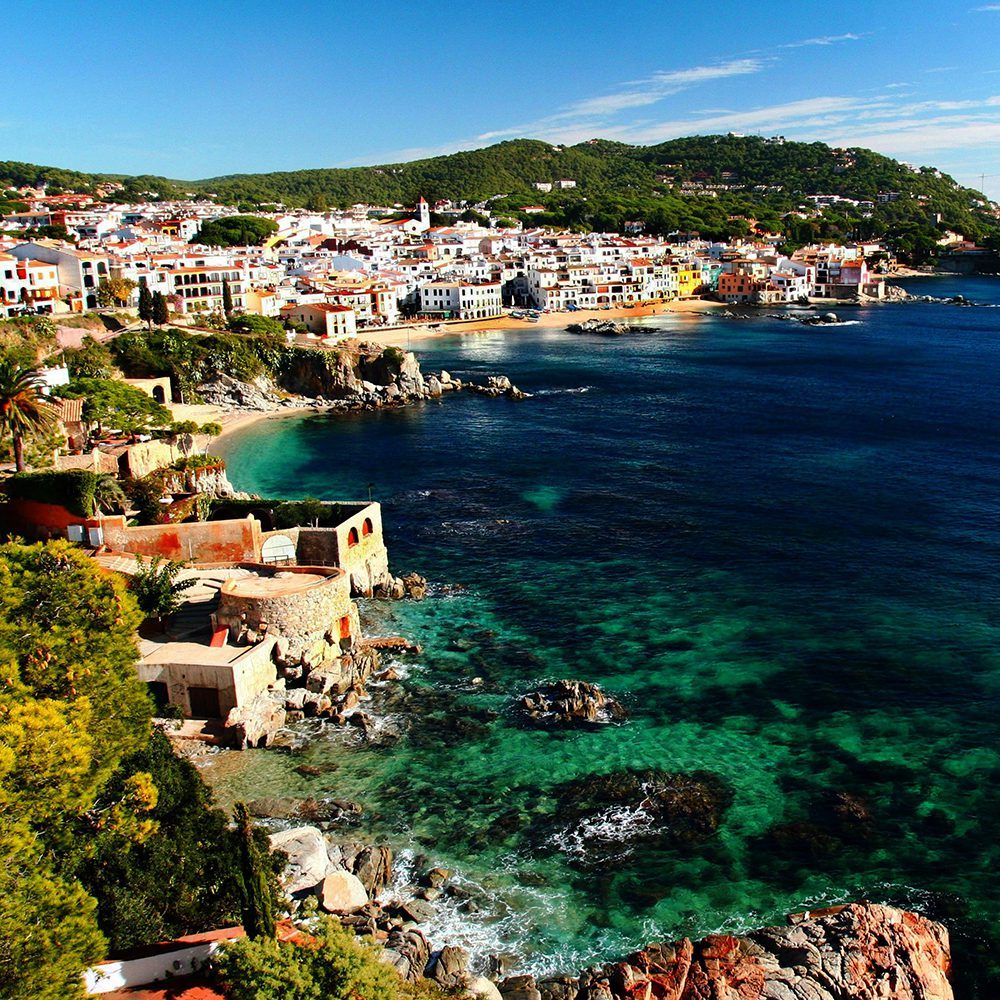
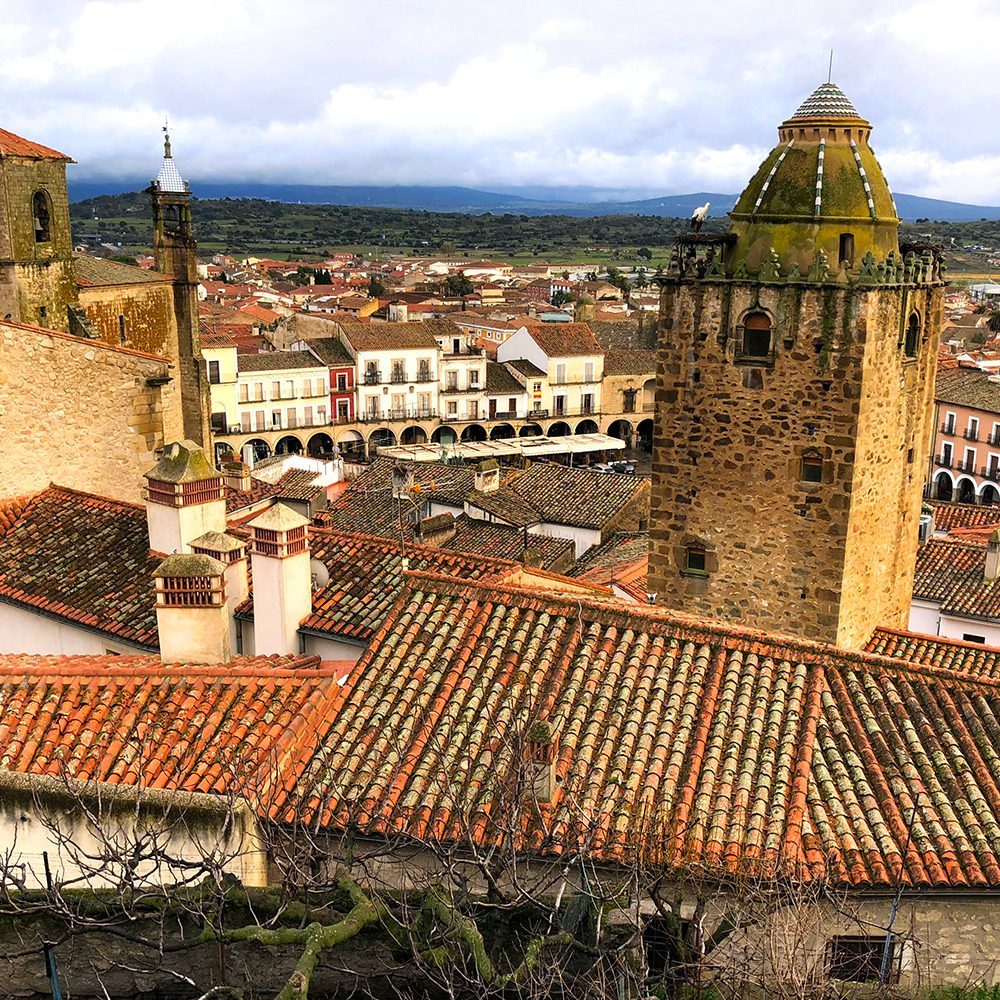

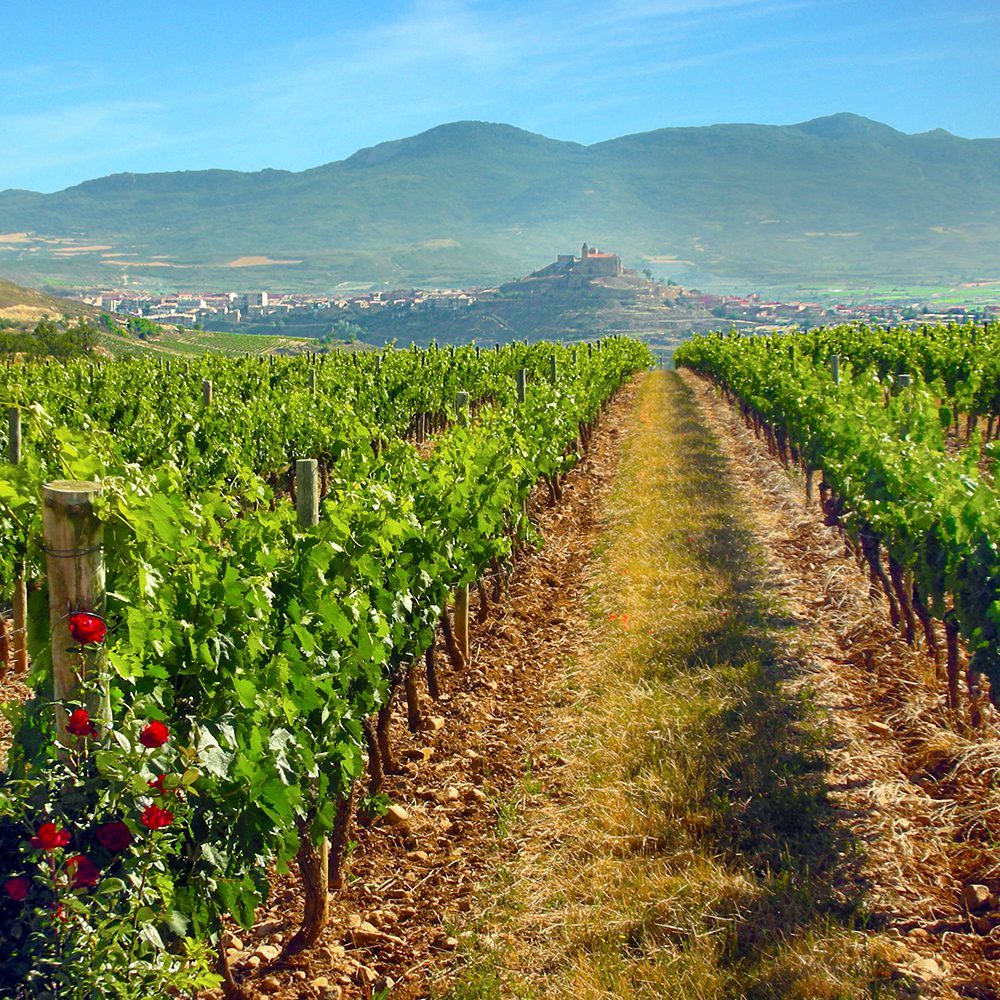
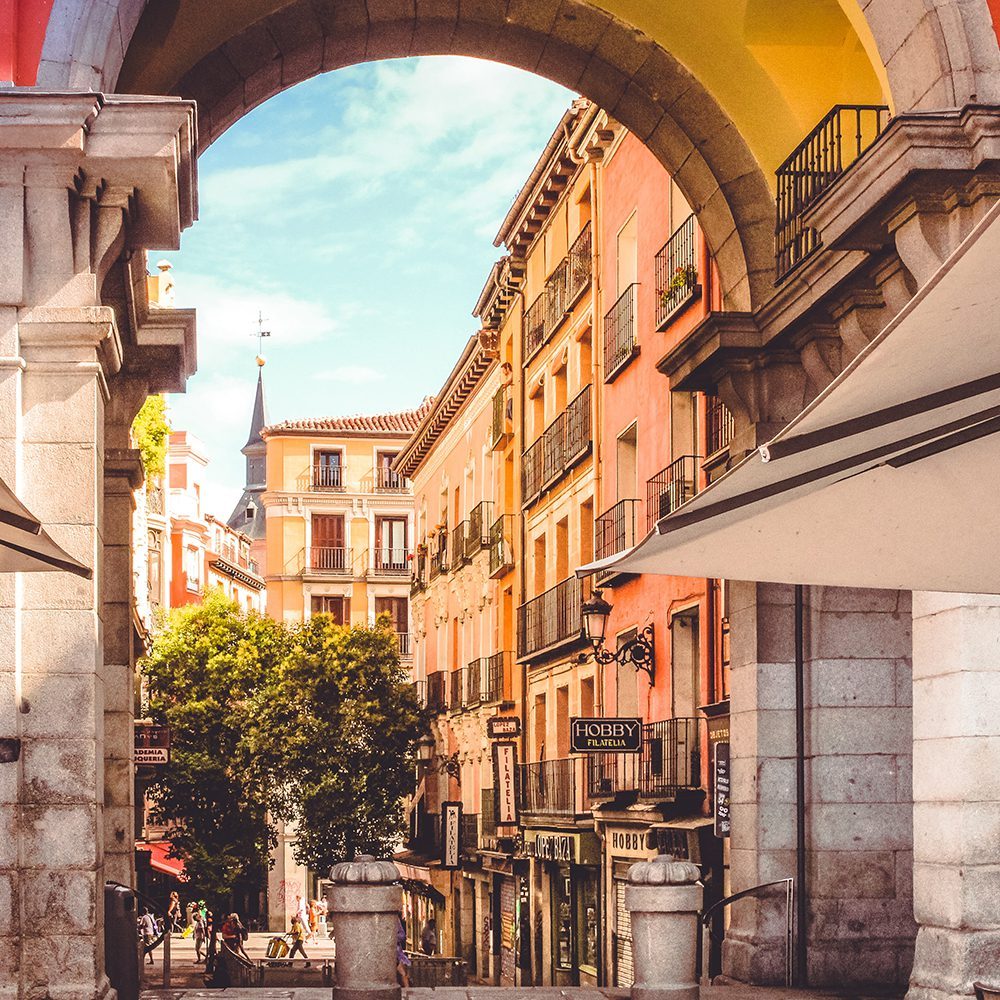
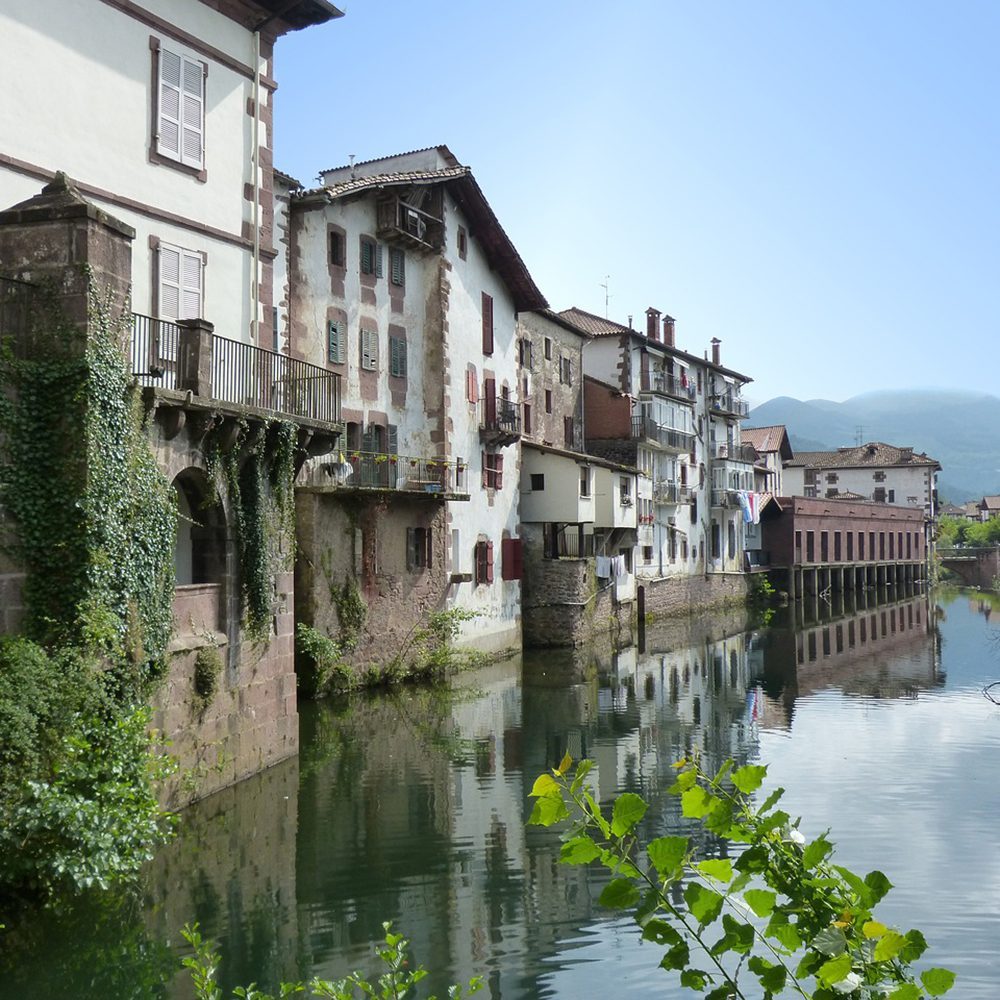
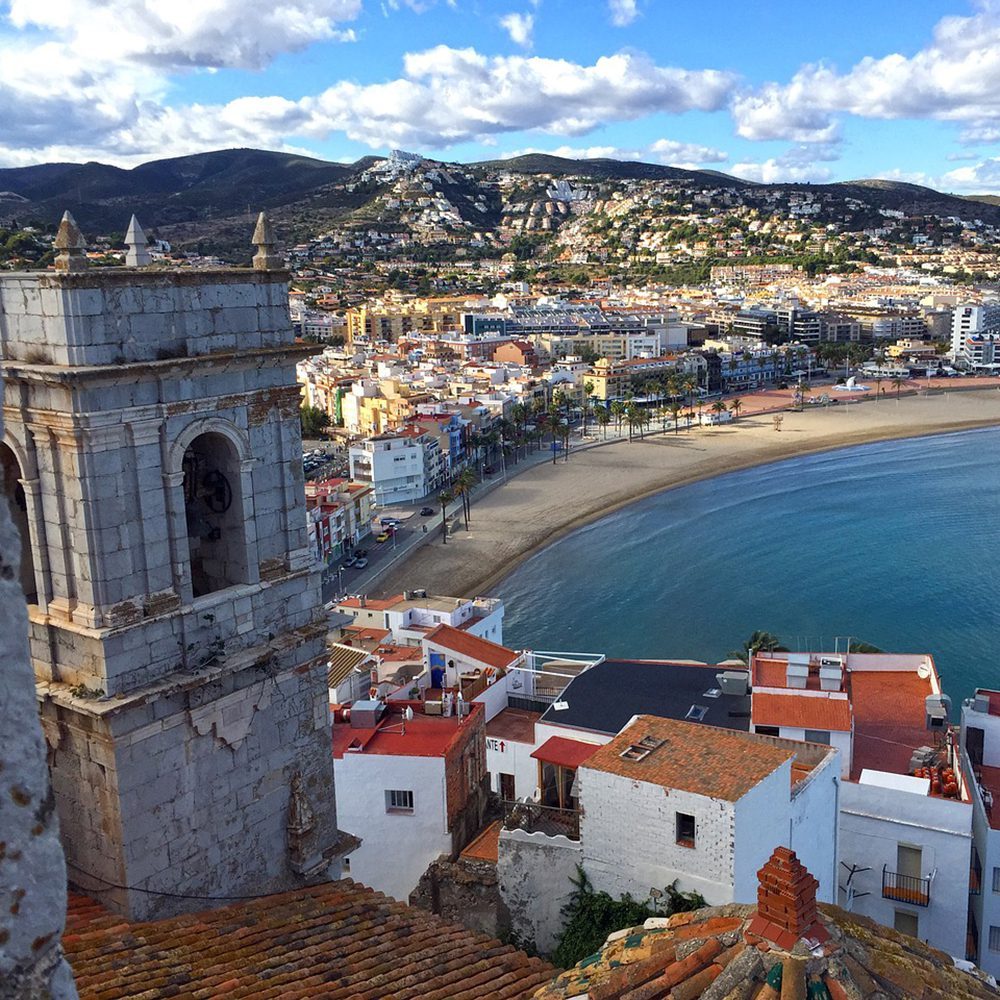

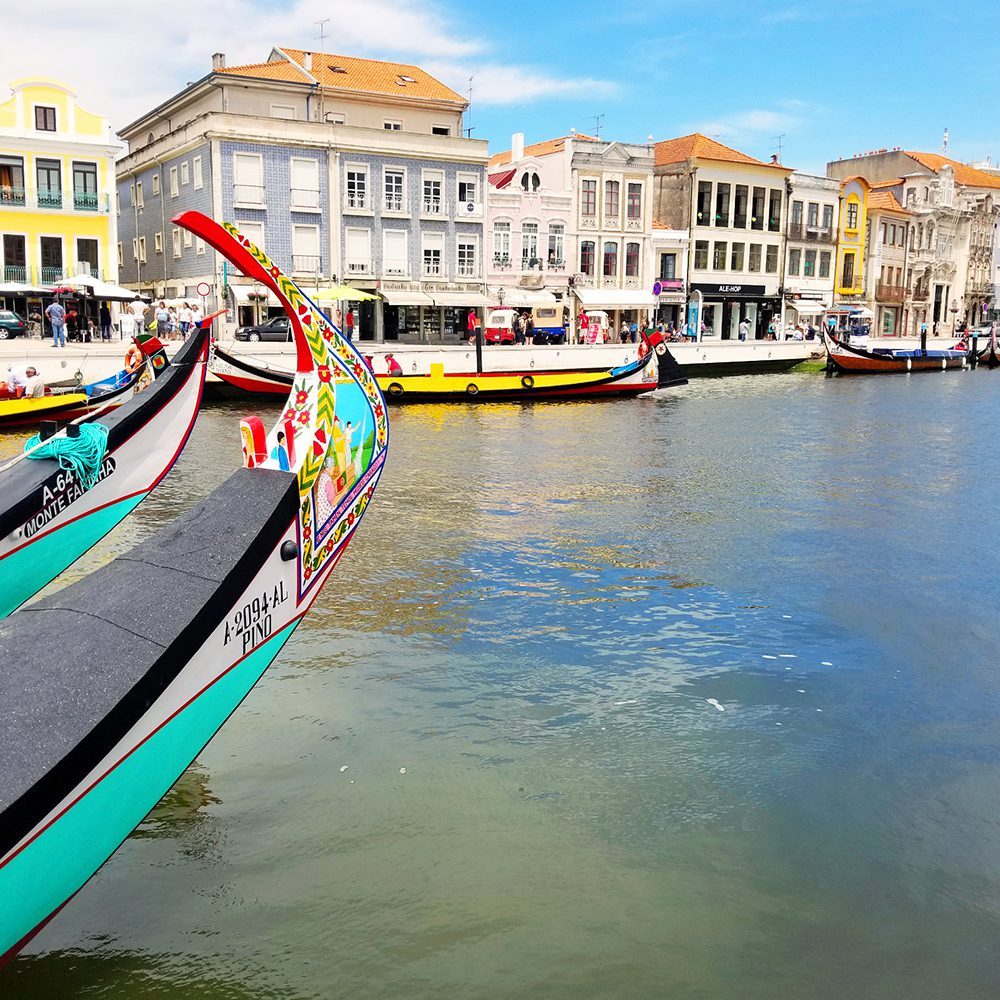
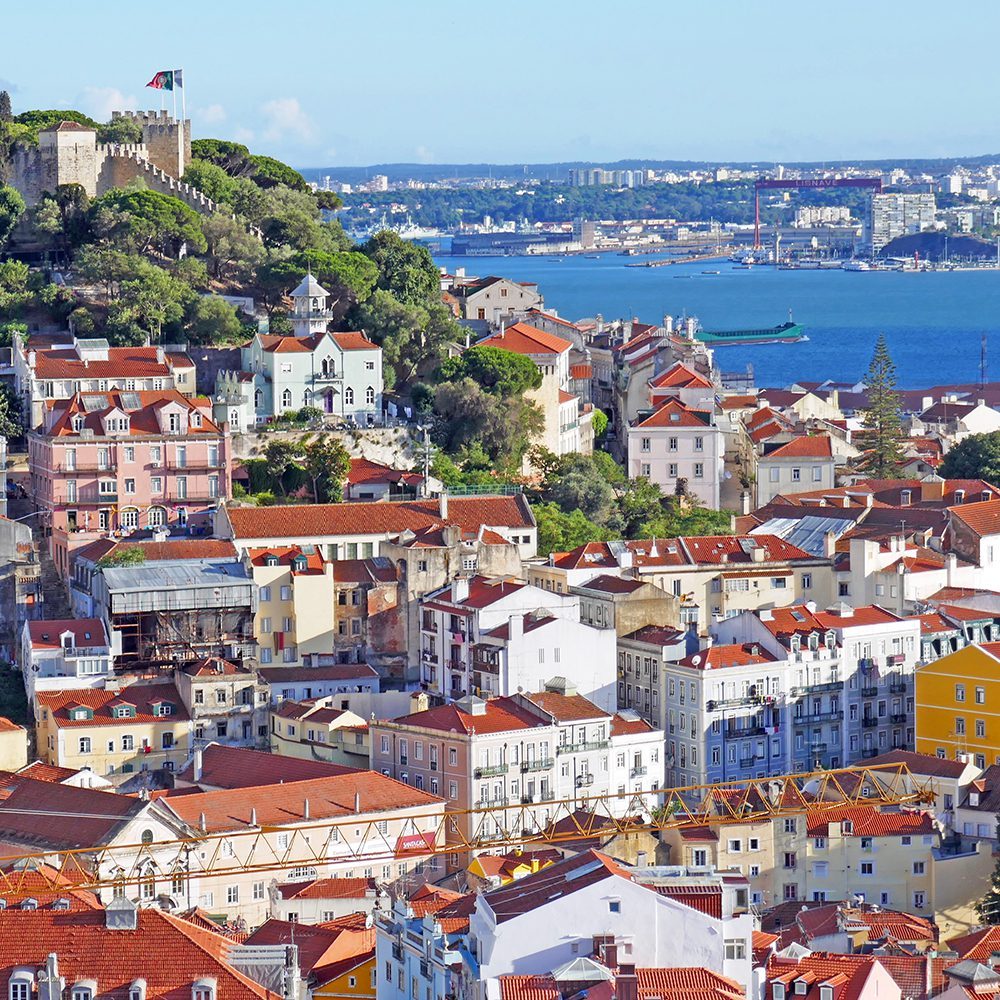
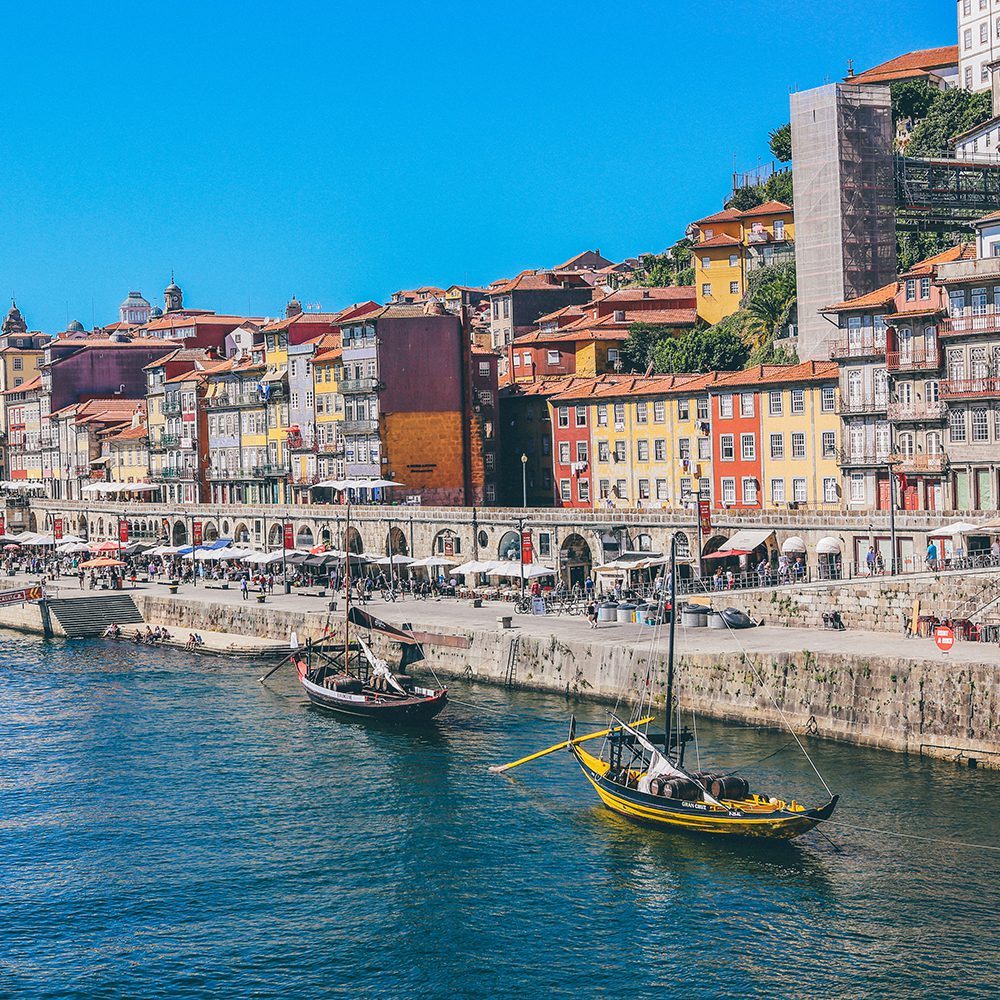
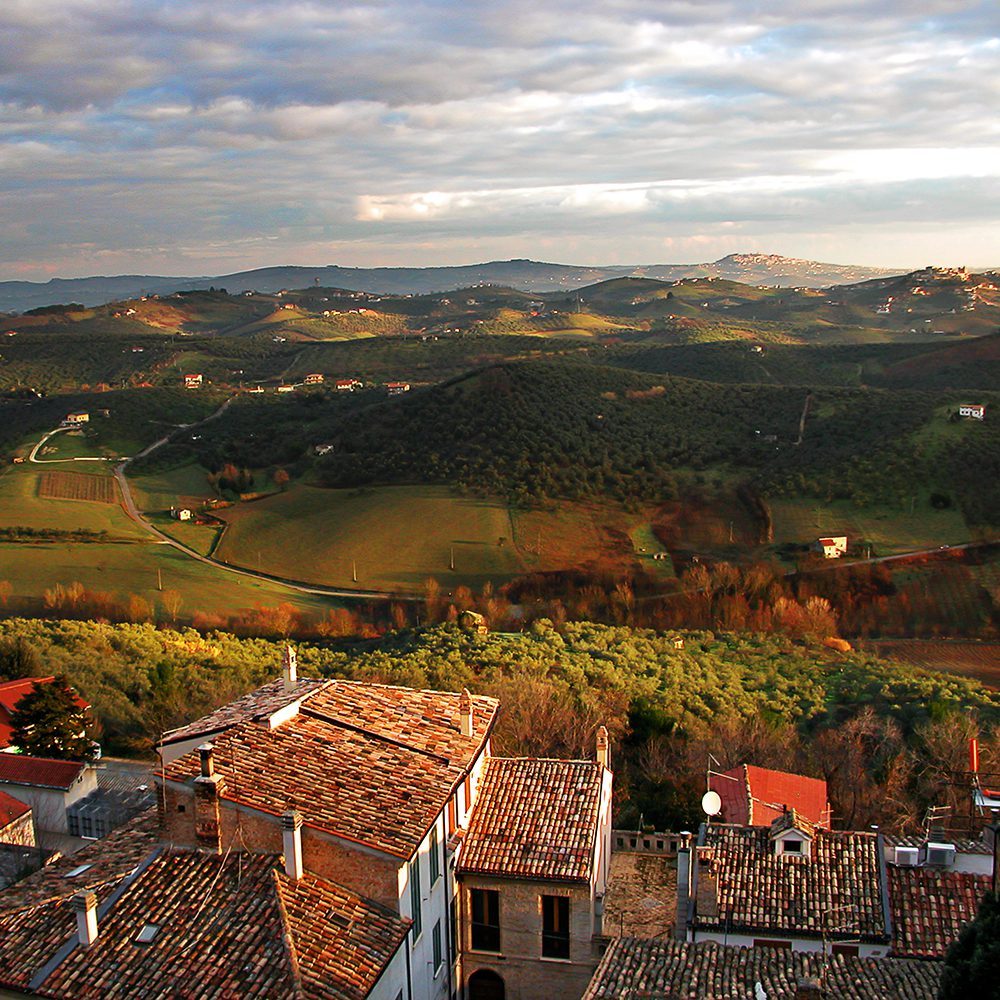
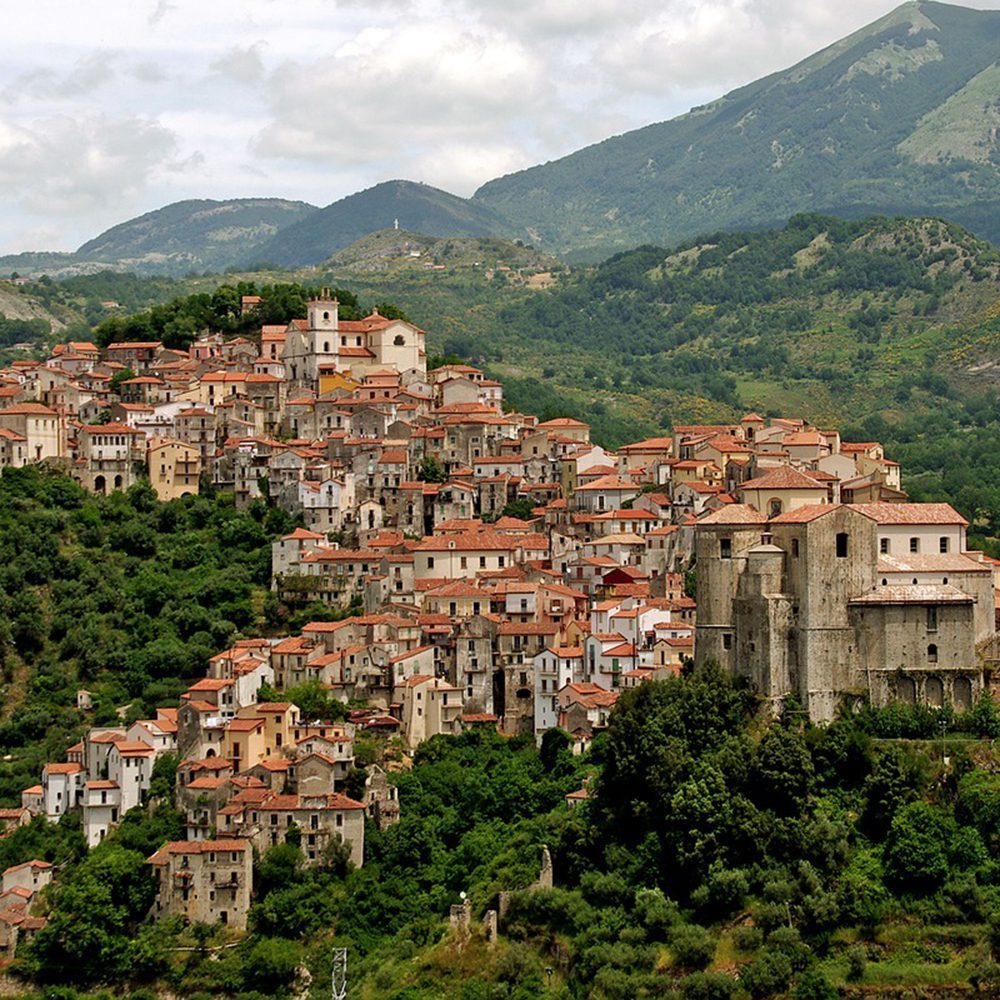
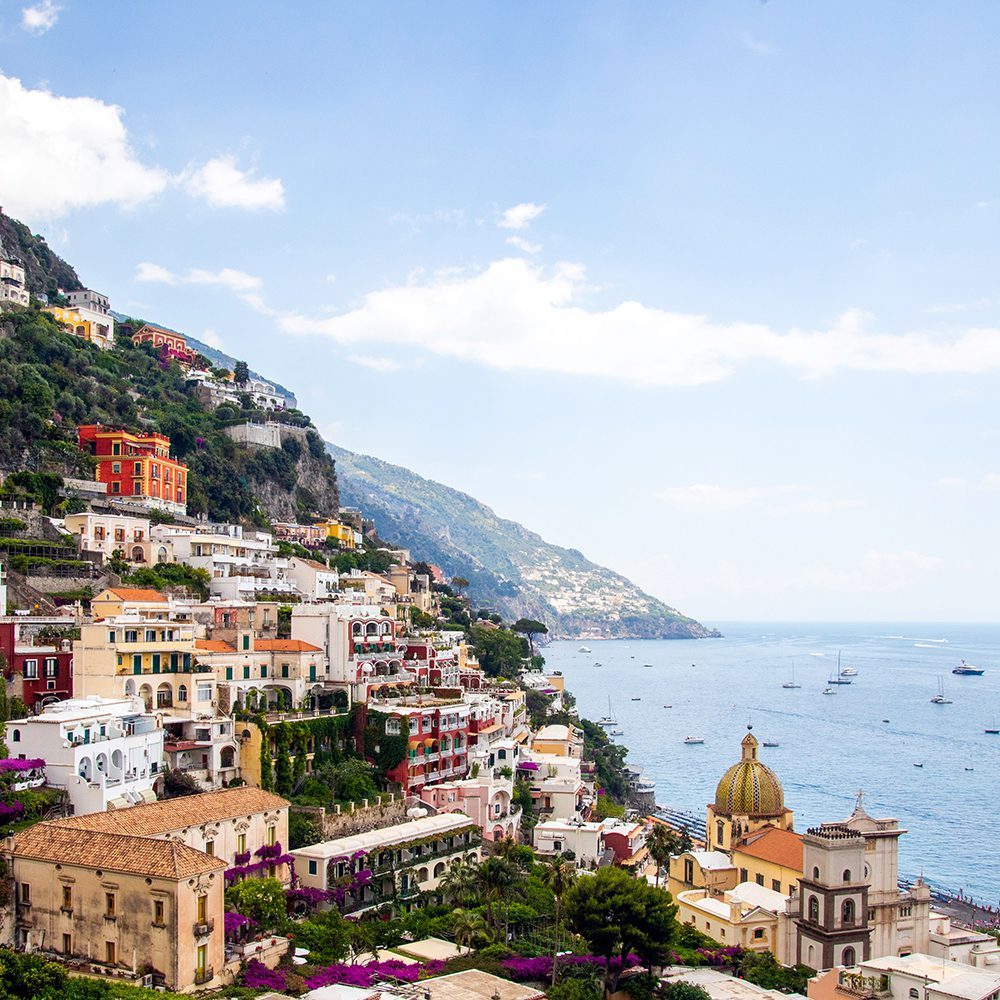
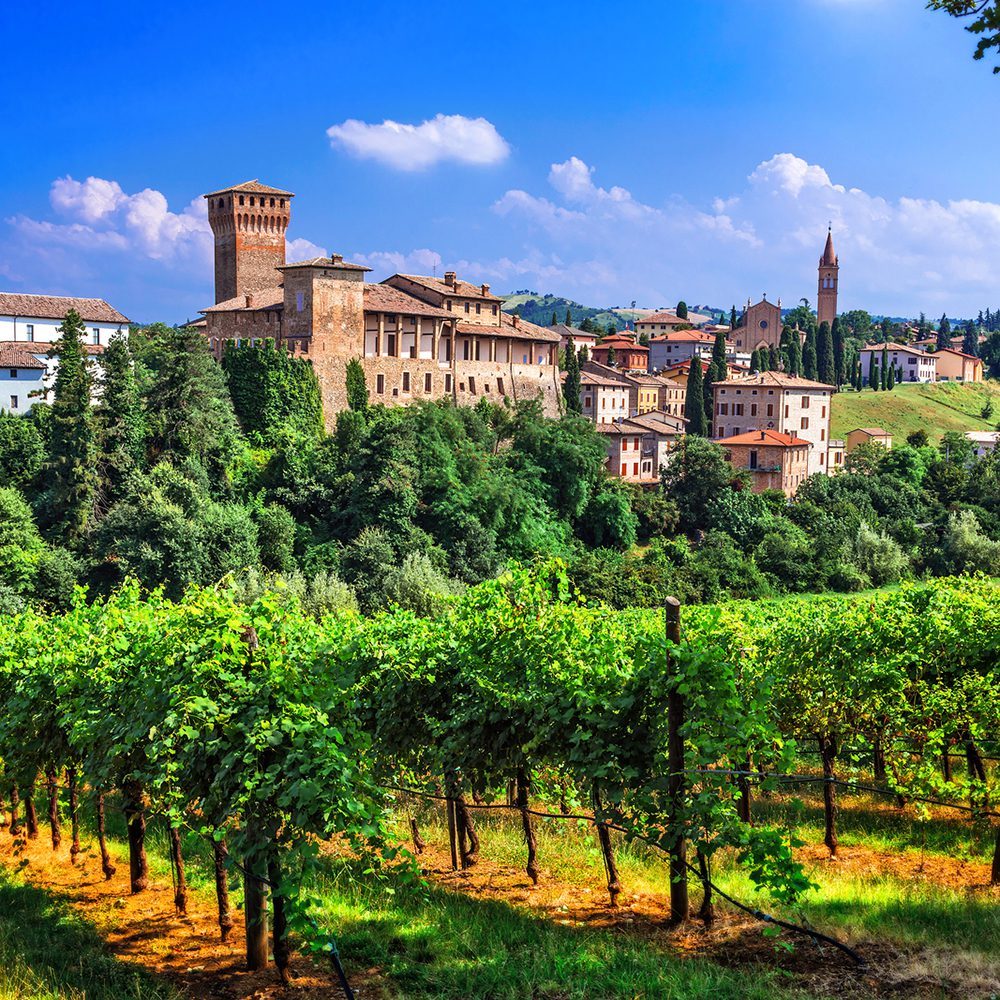


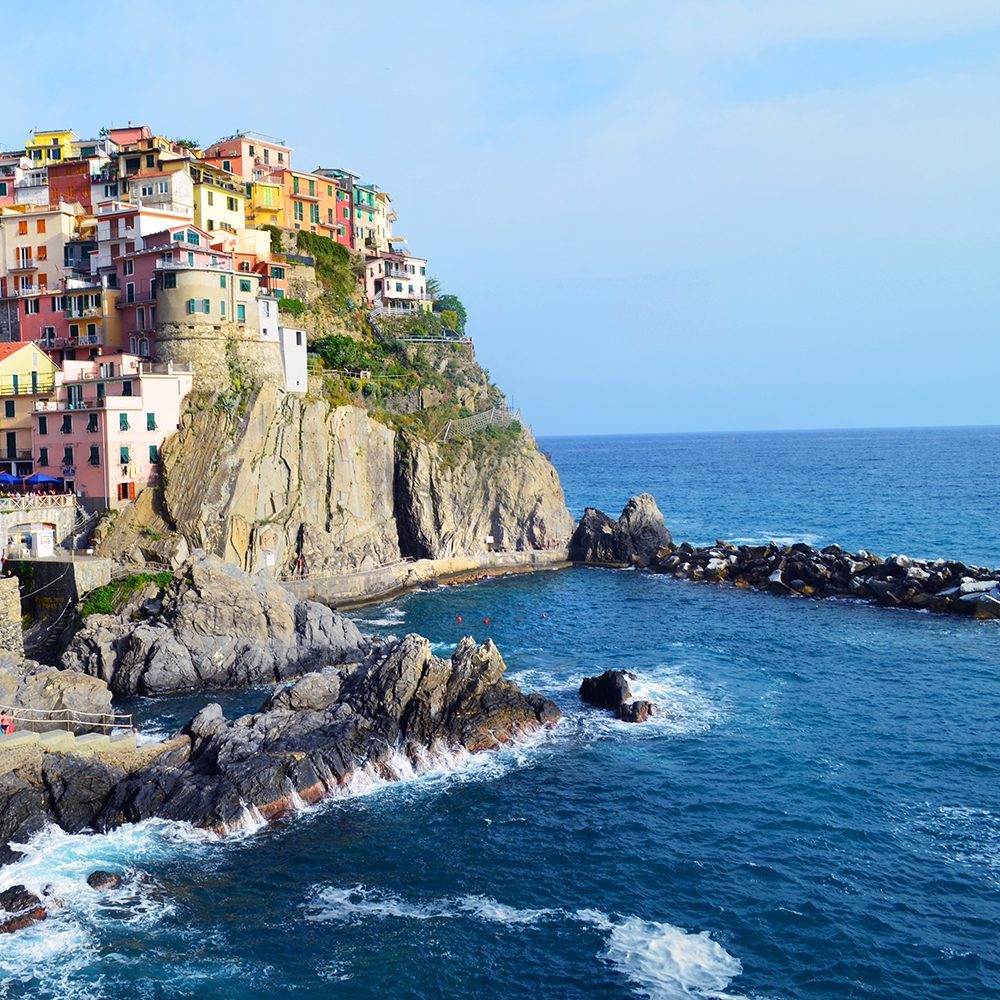
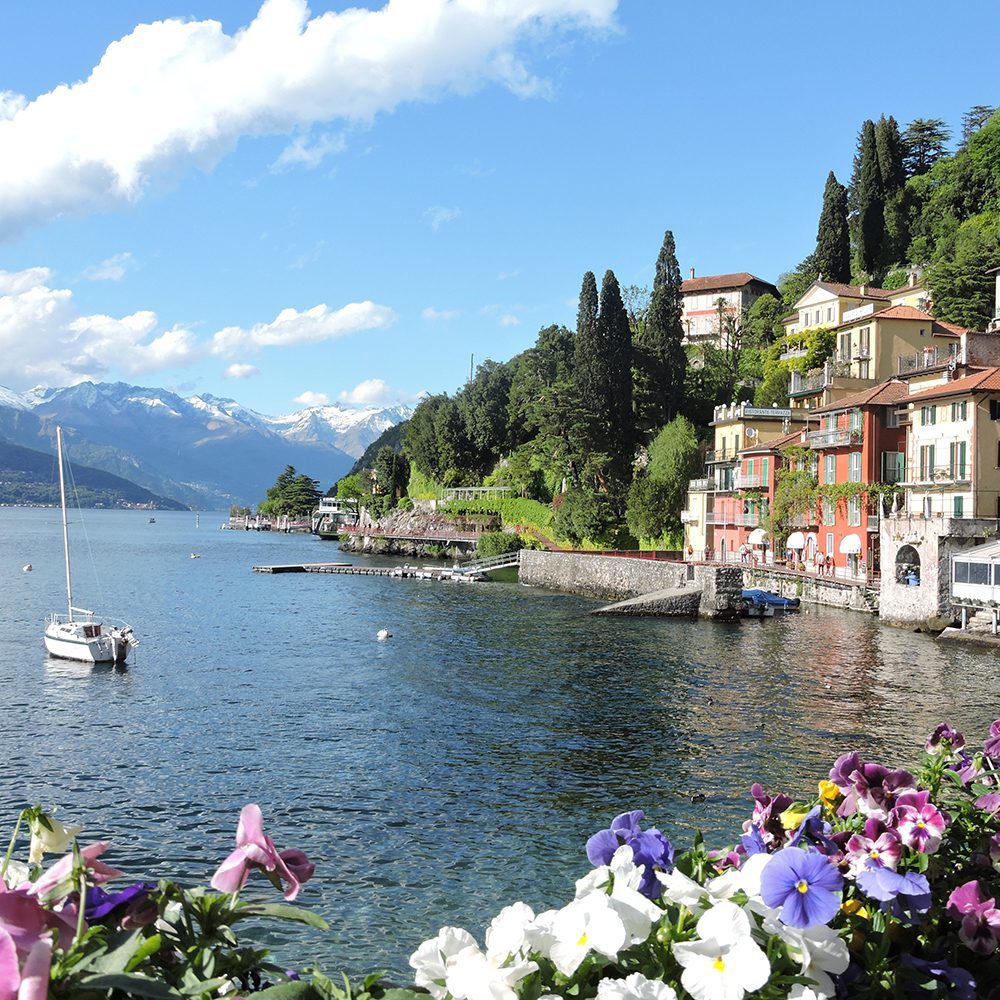
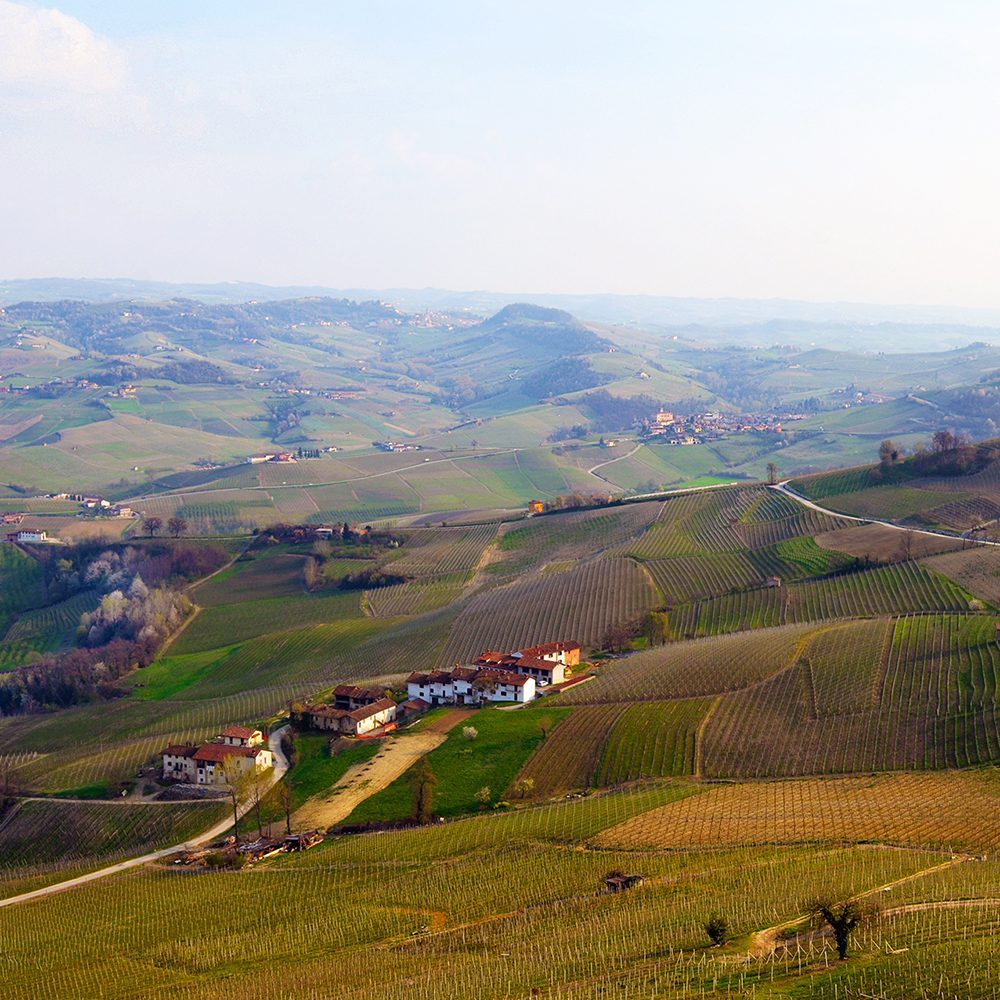
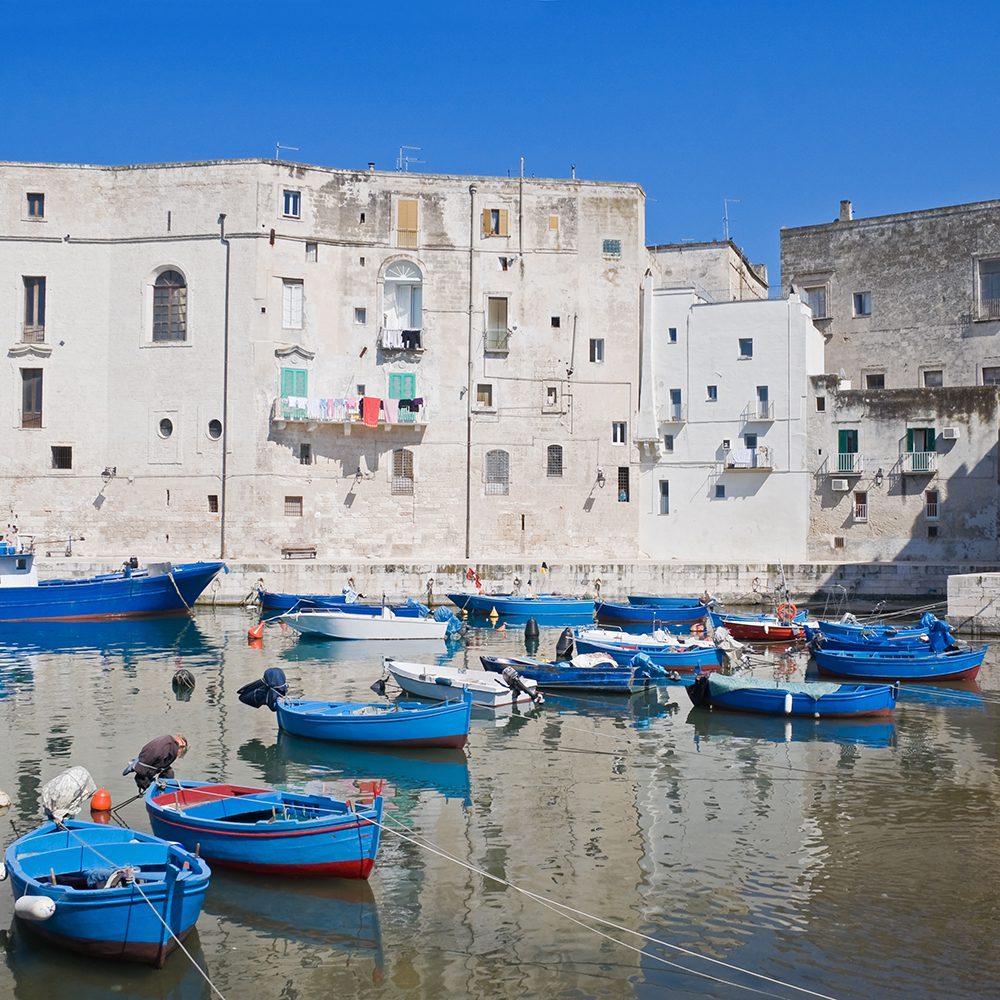

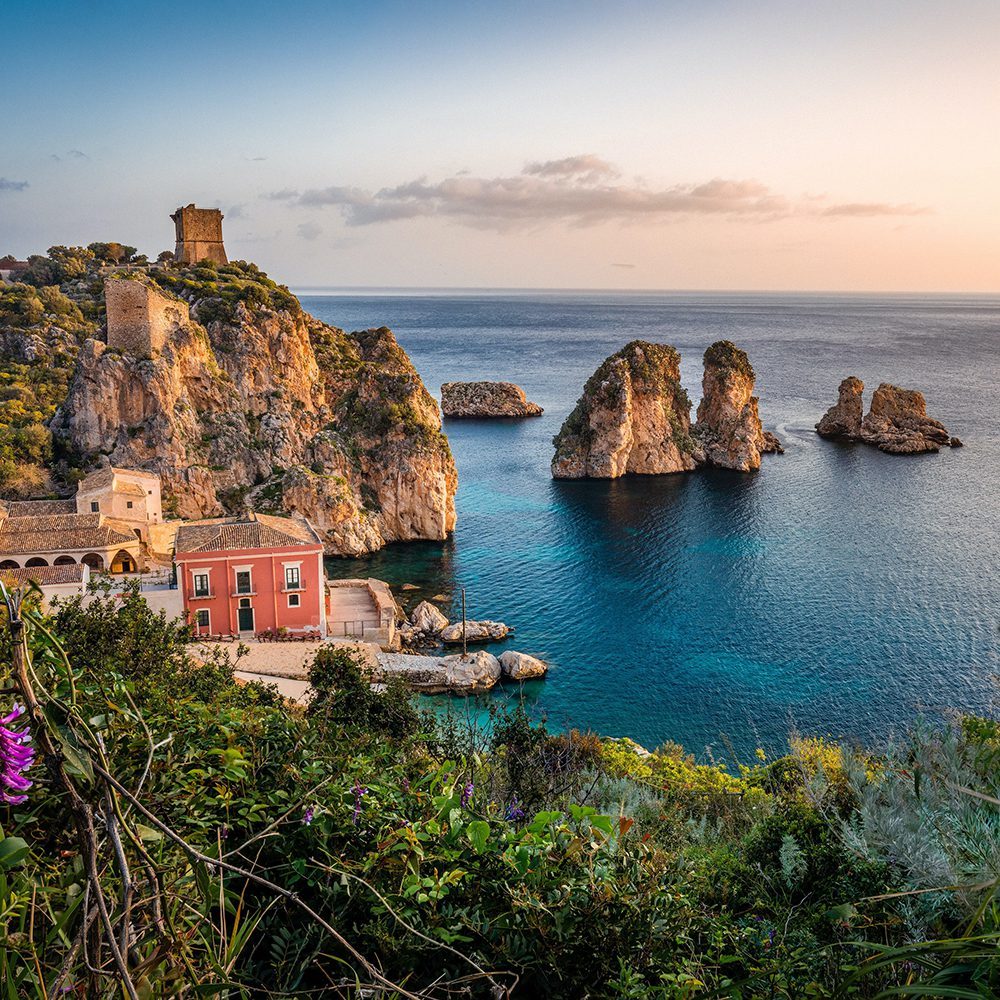
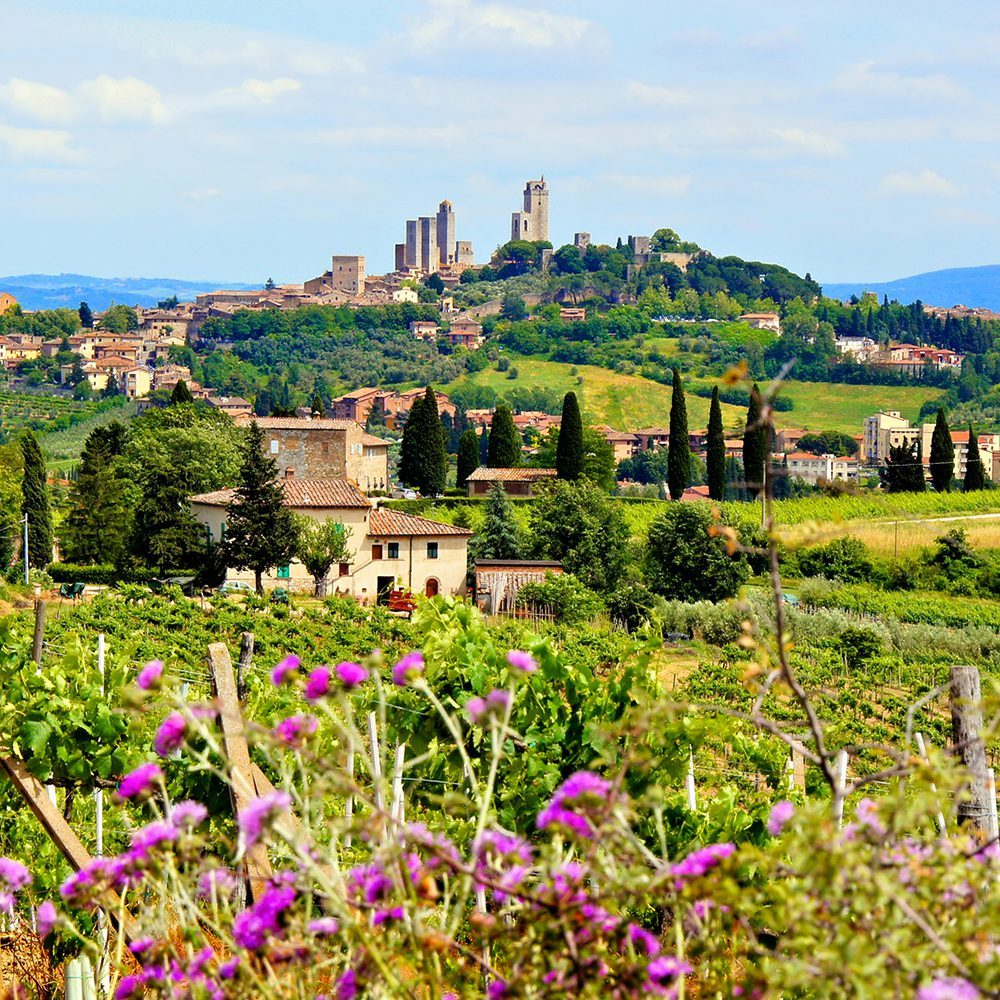

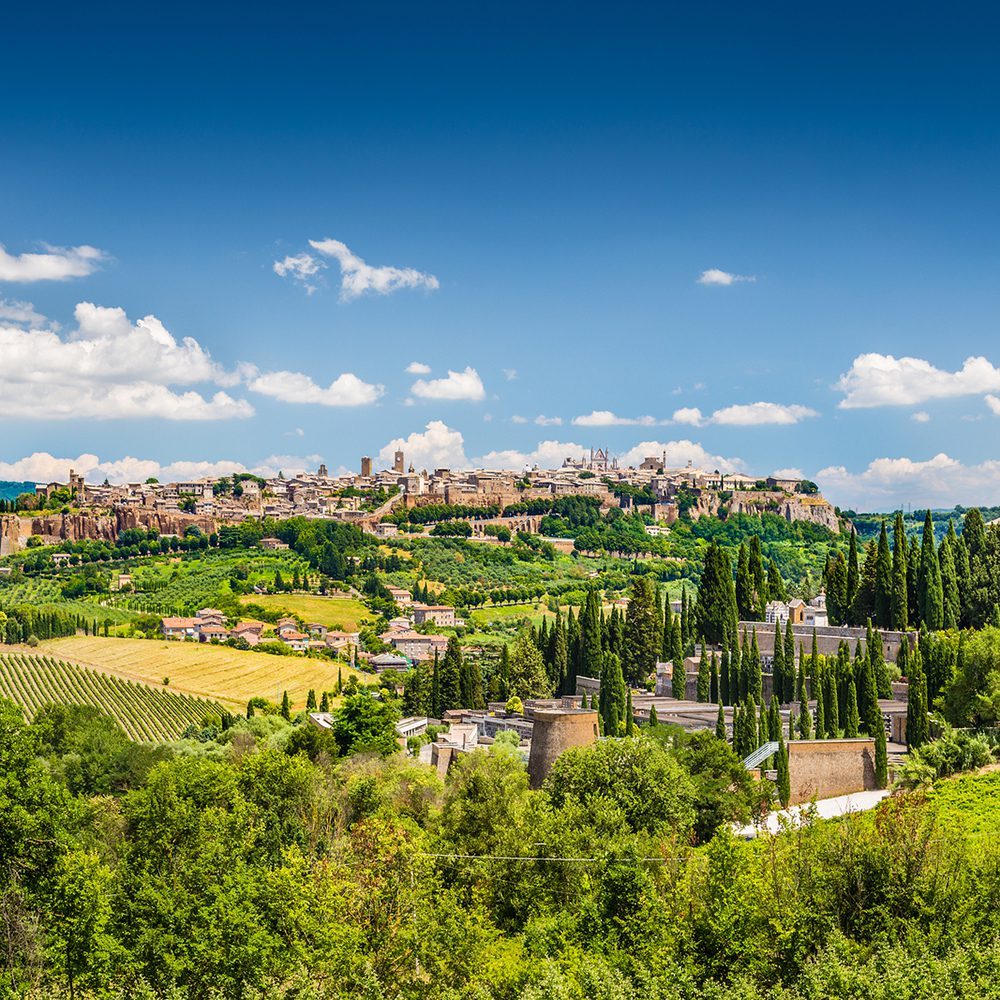
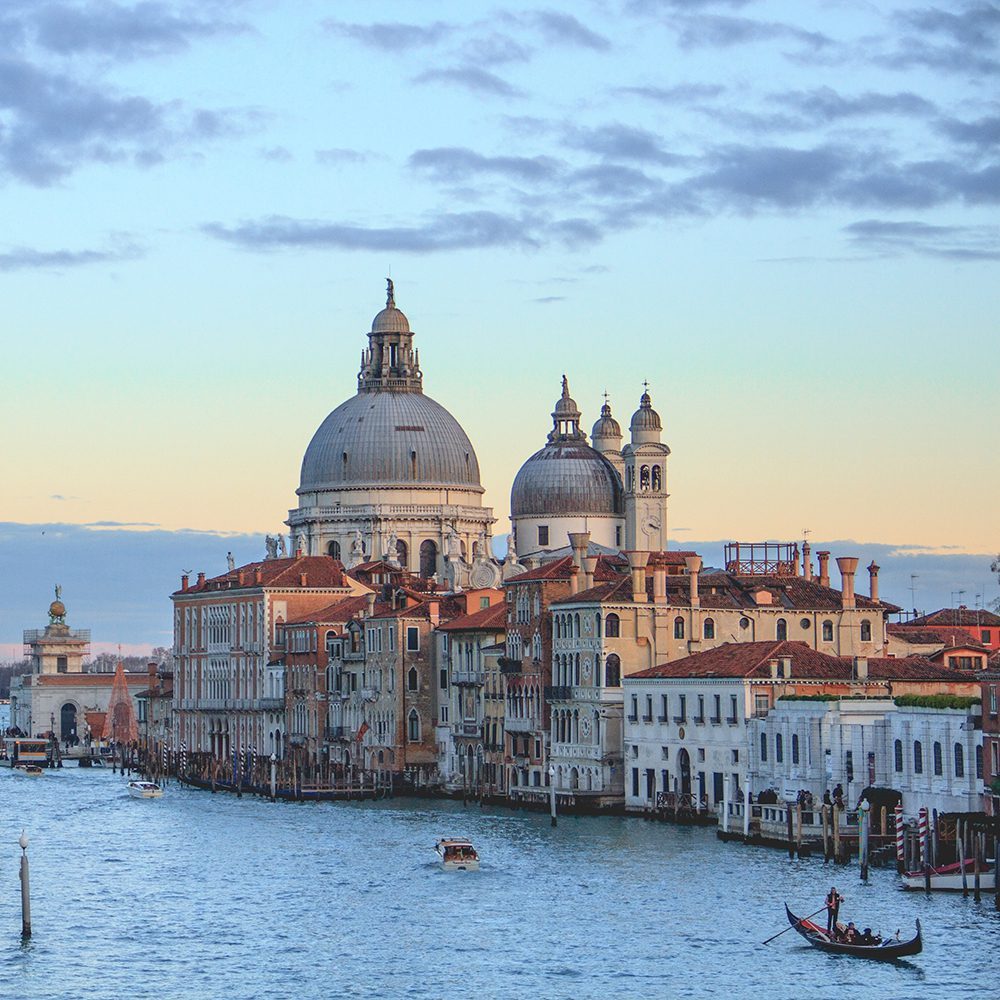



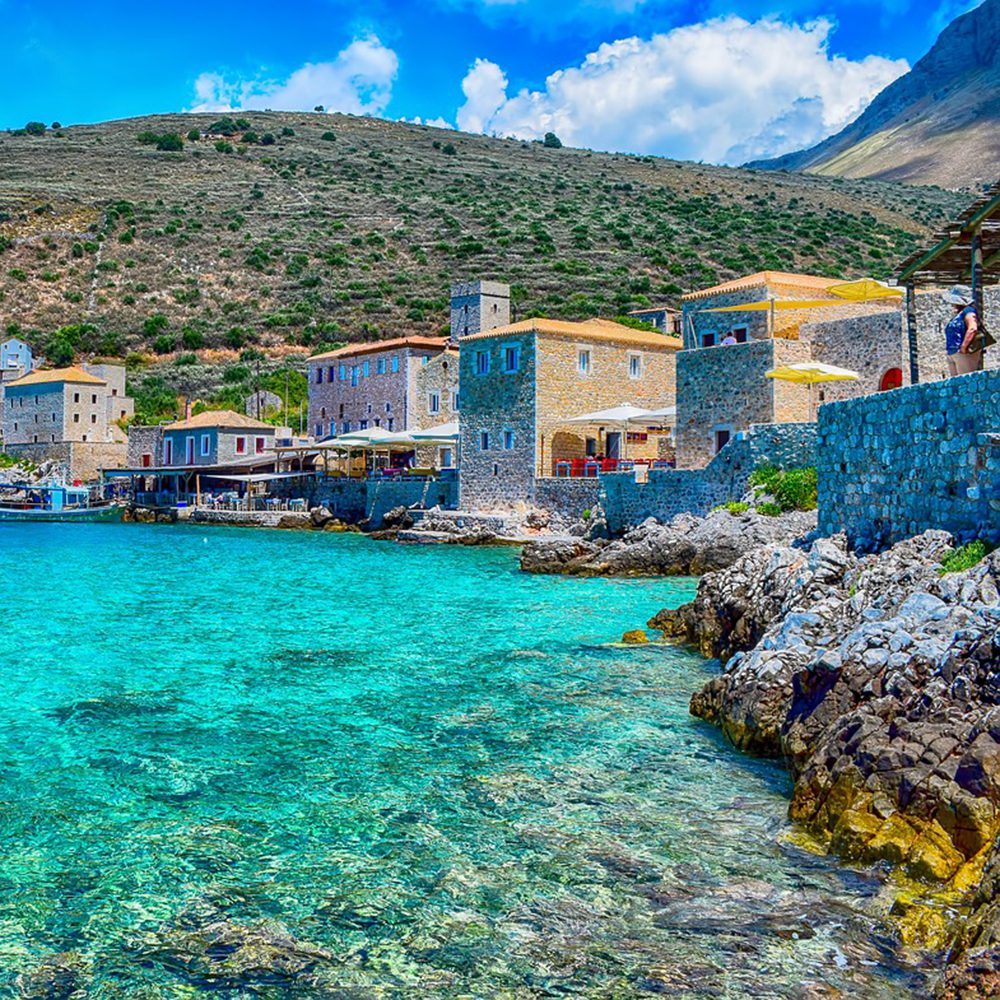





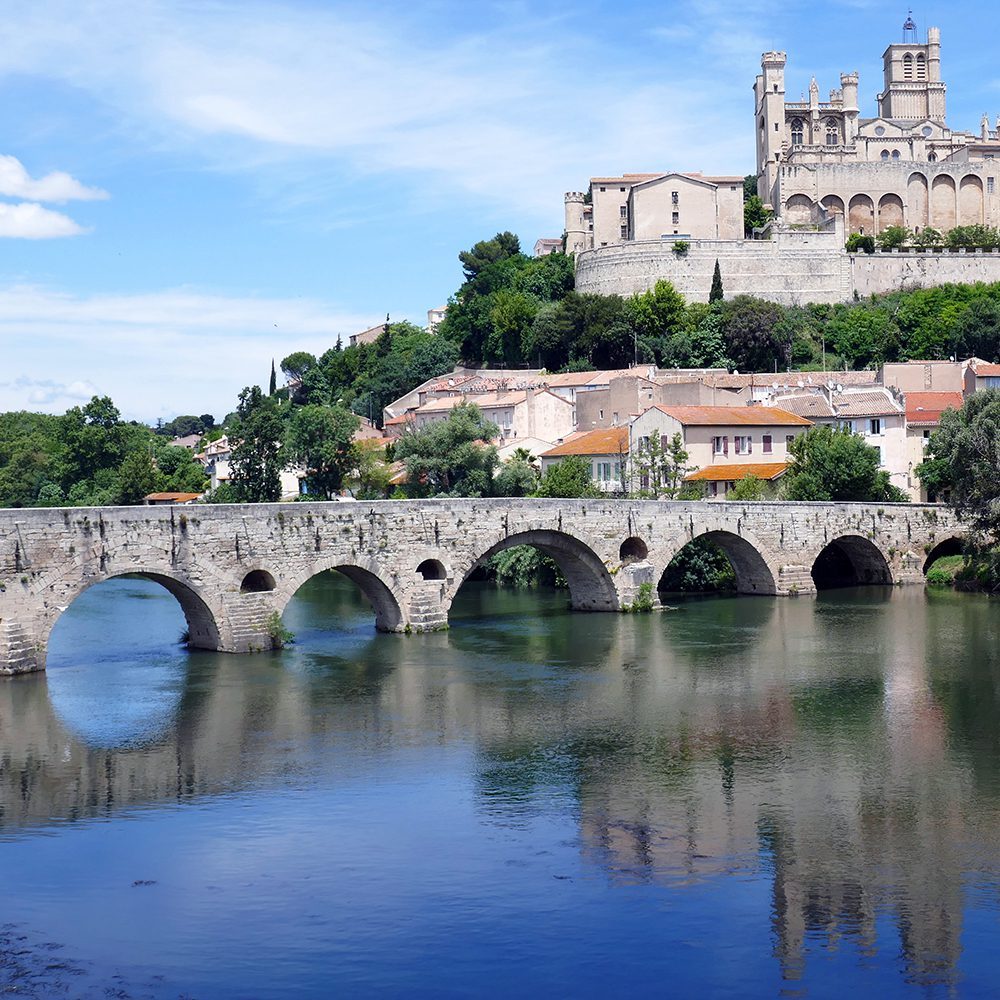

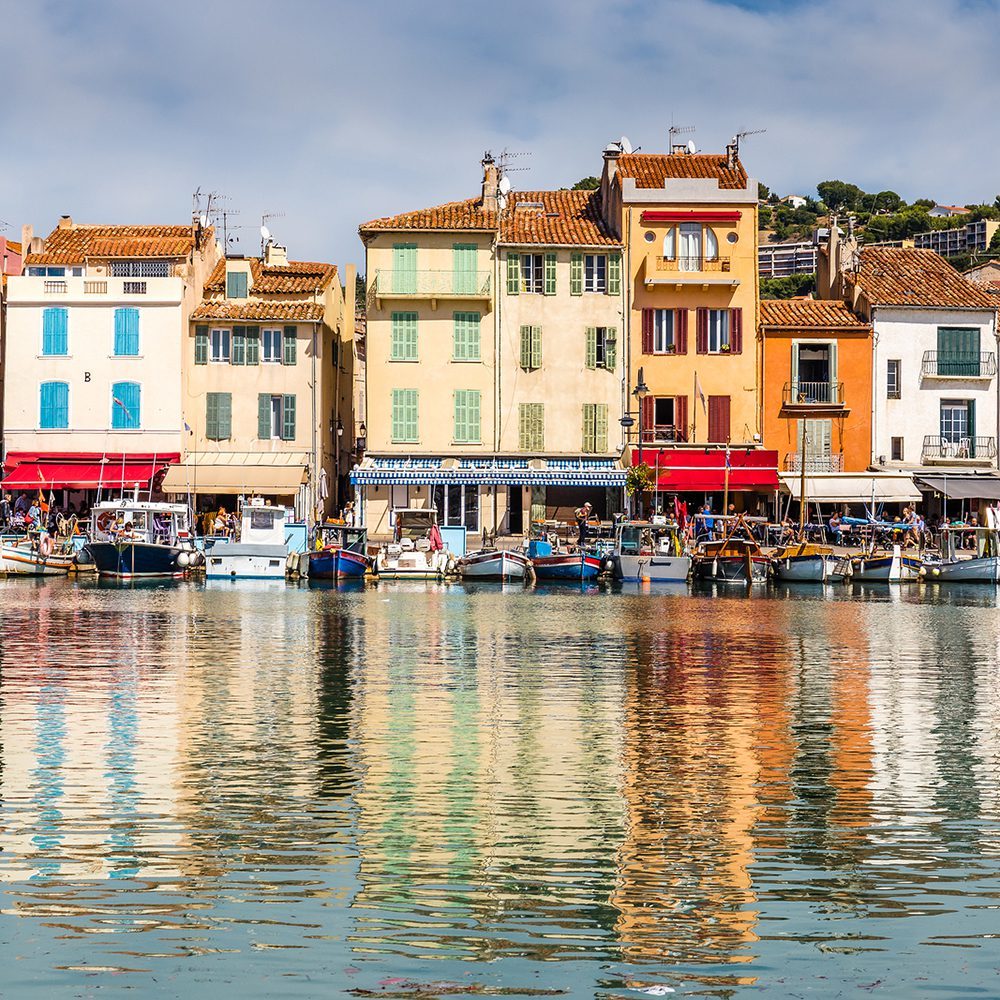
Terrific article that made me crave all three delicious desserts.
Buon appetito!!!